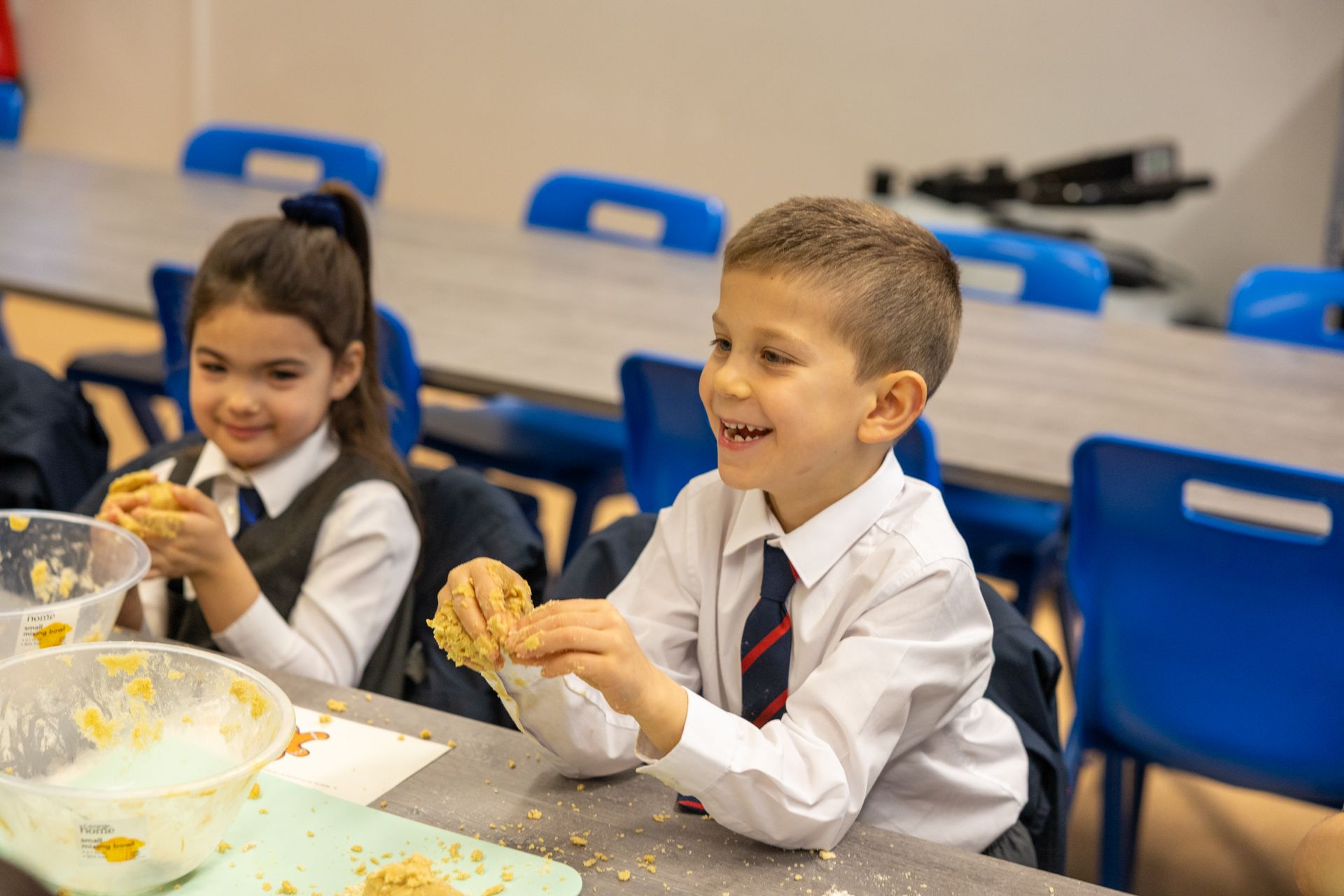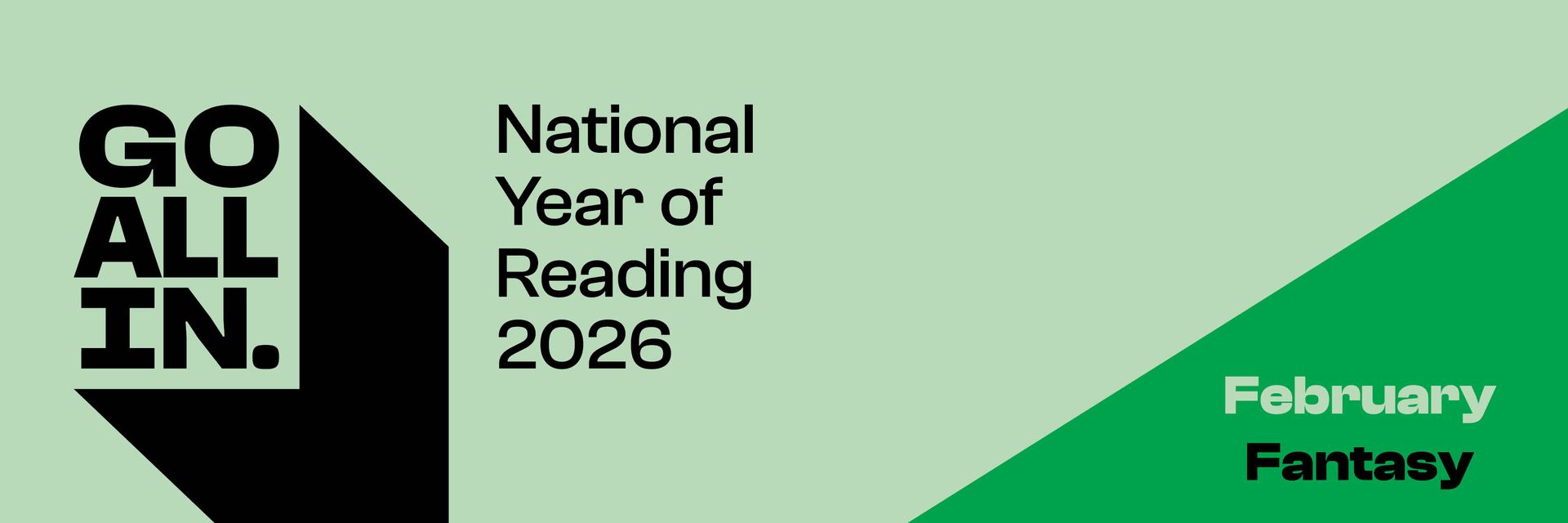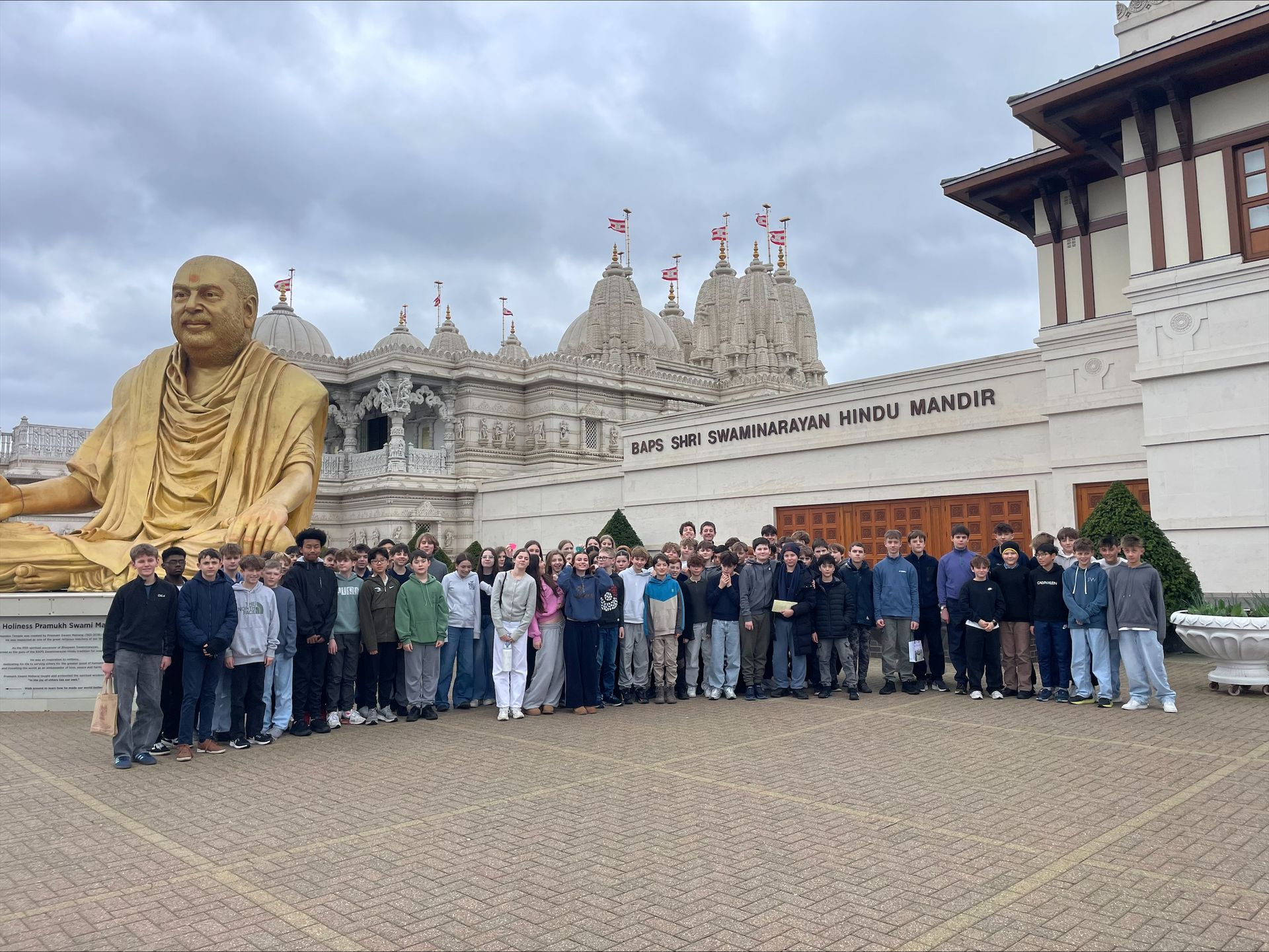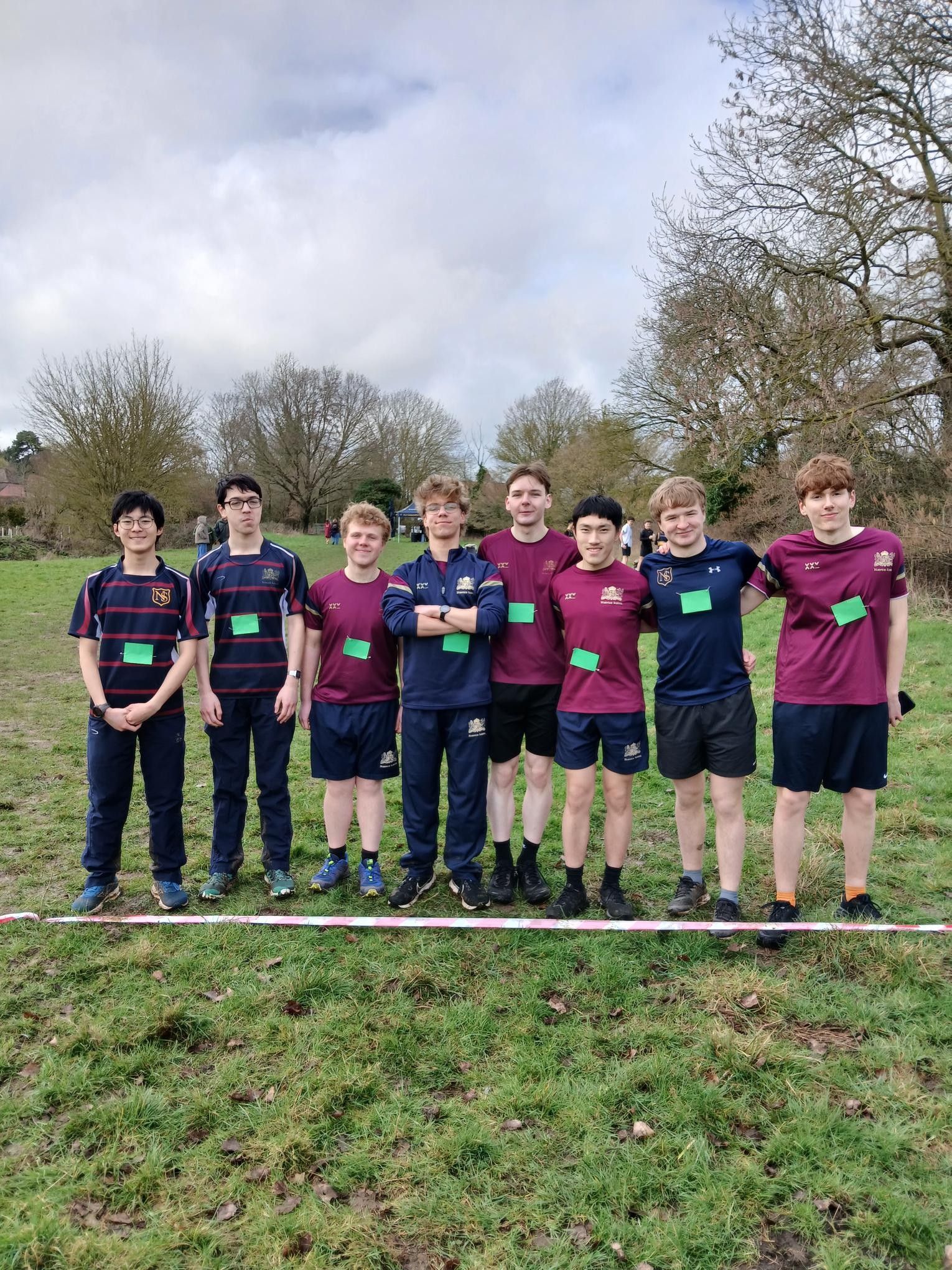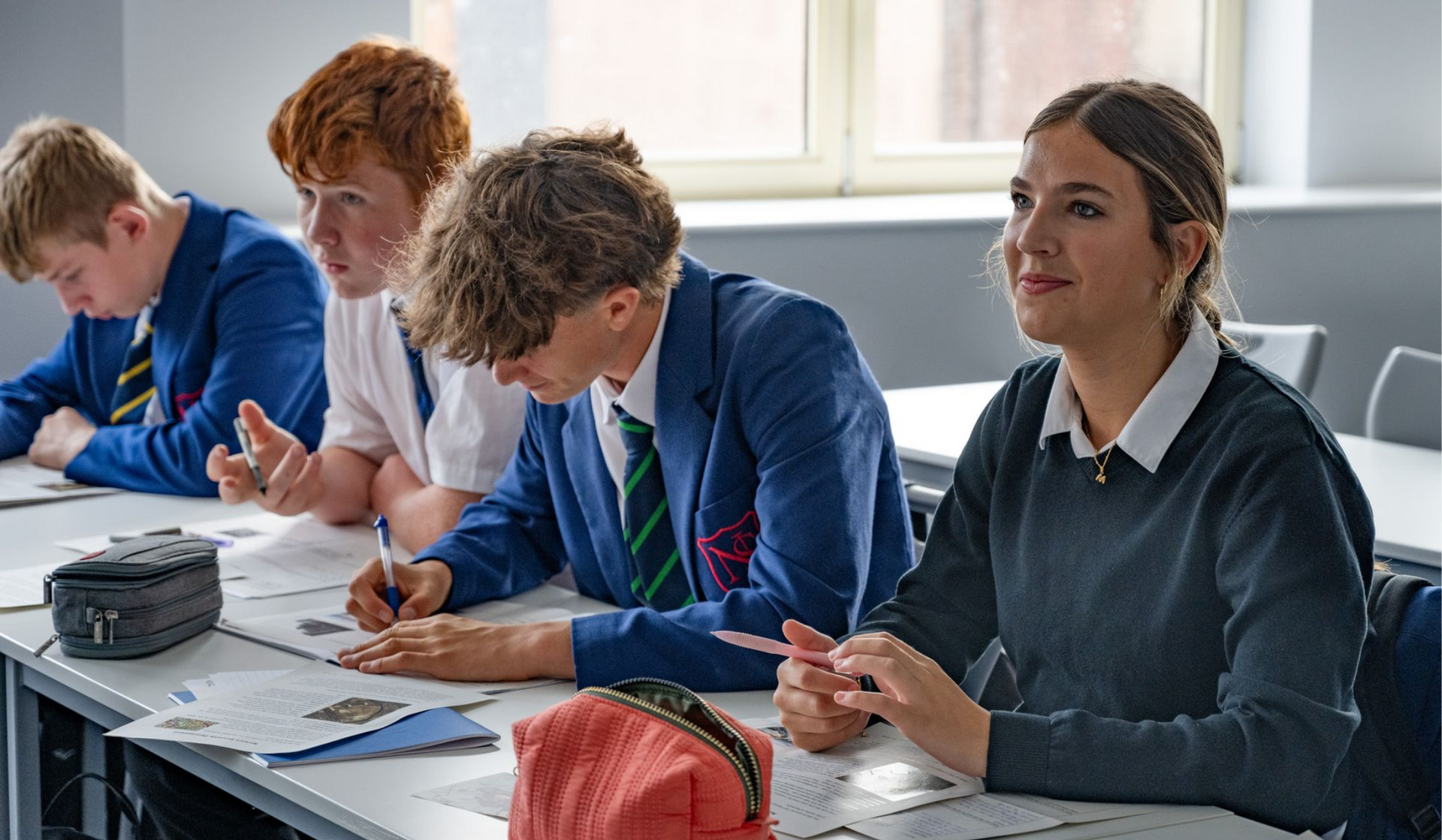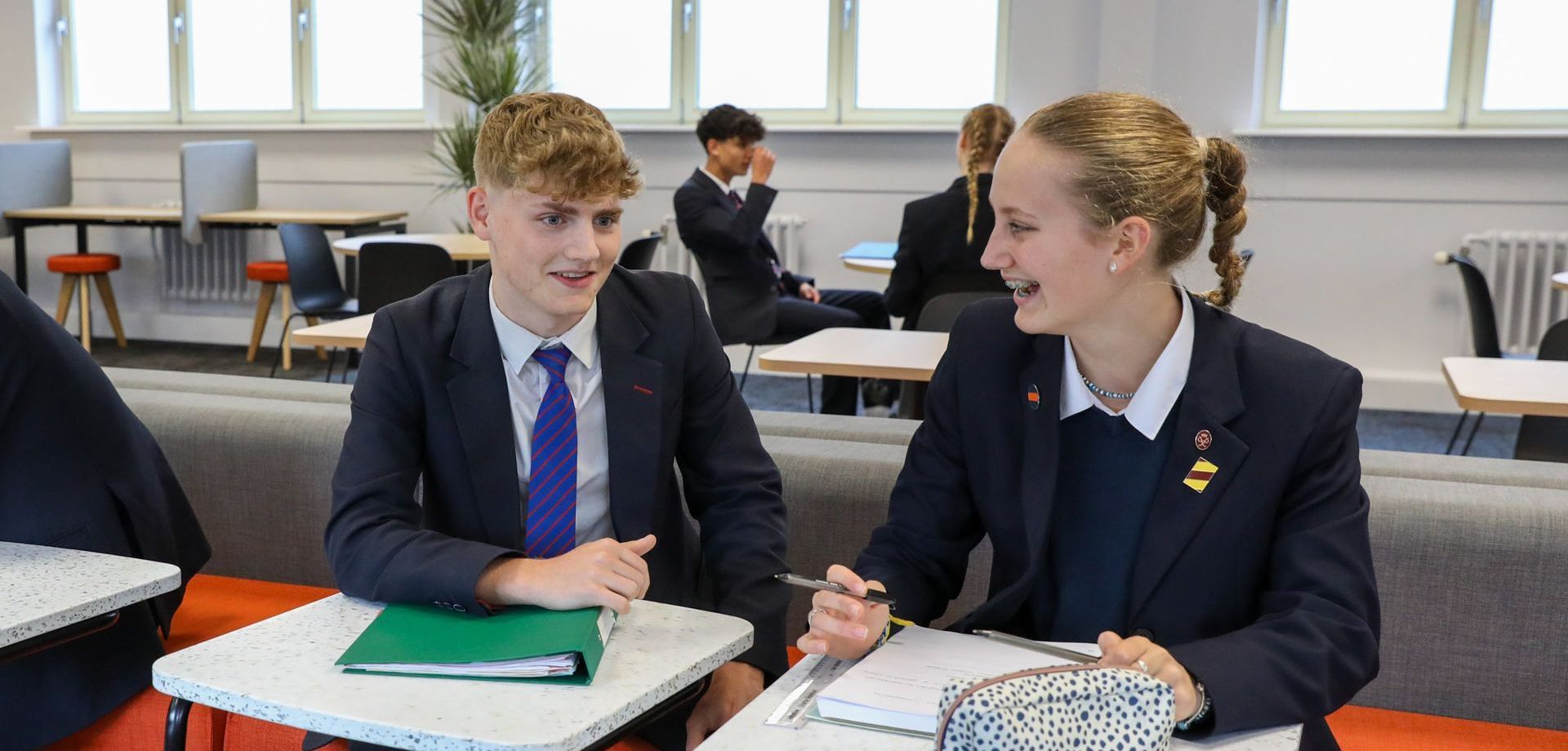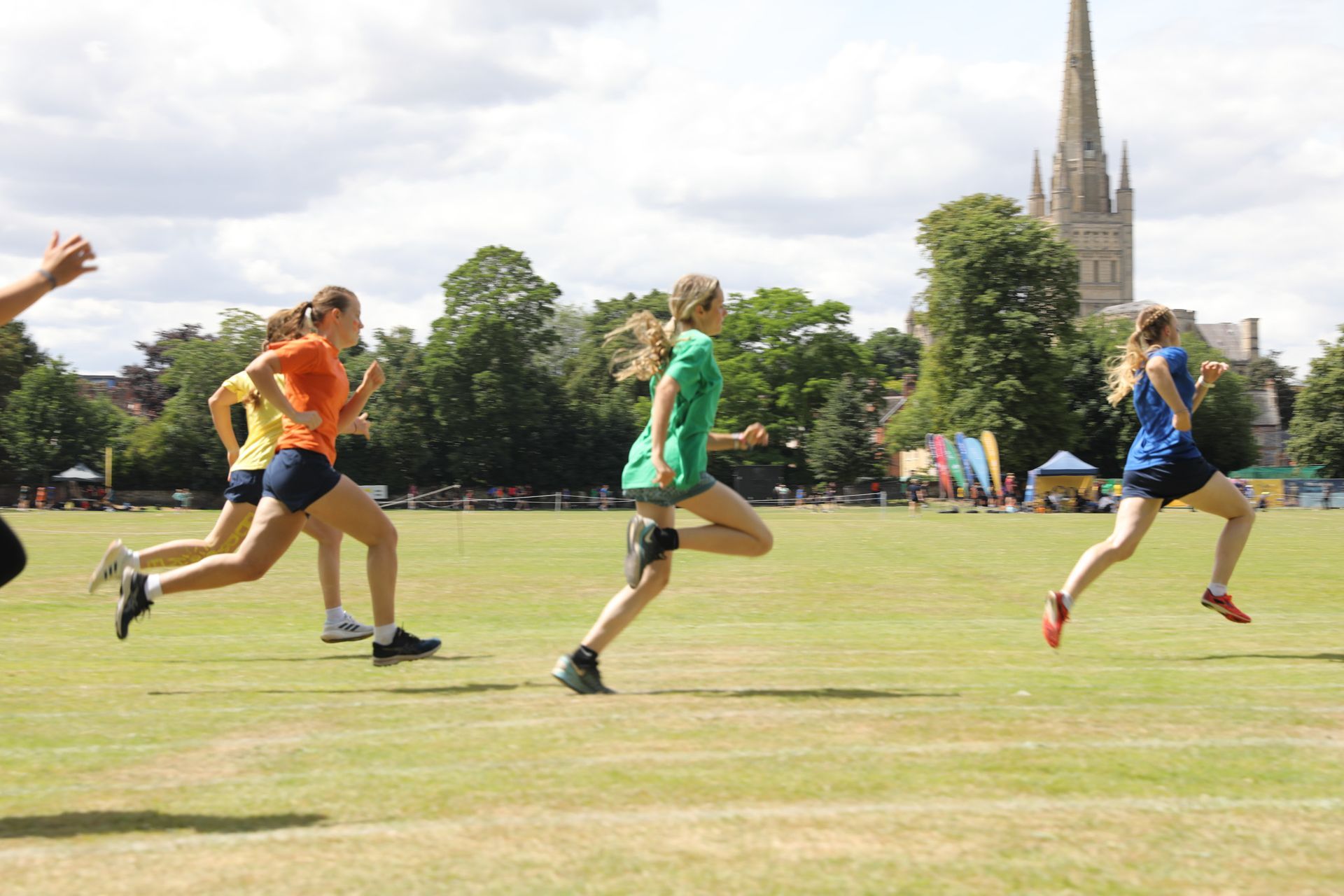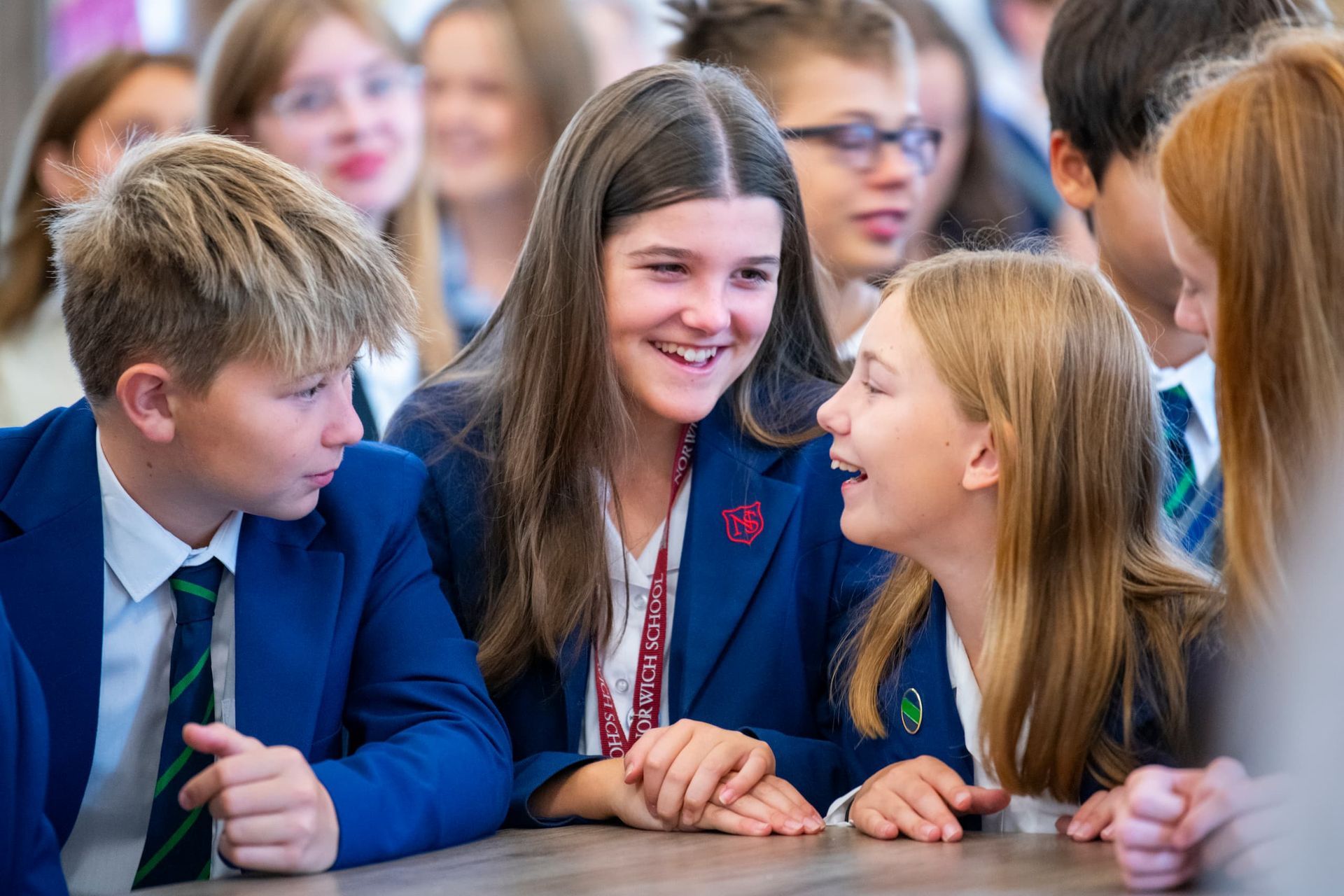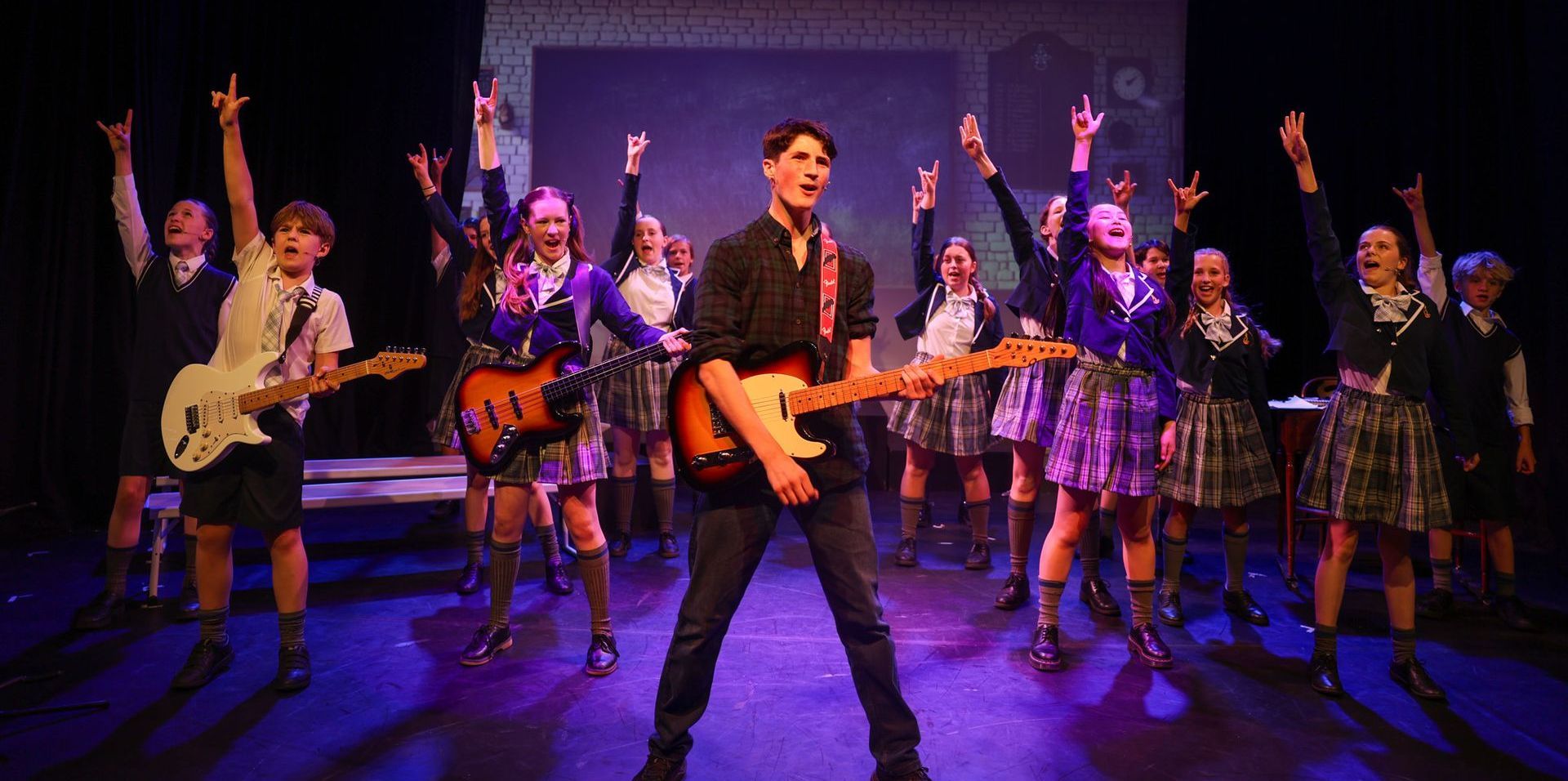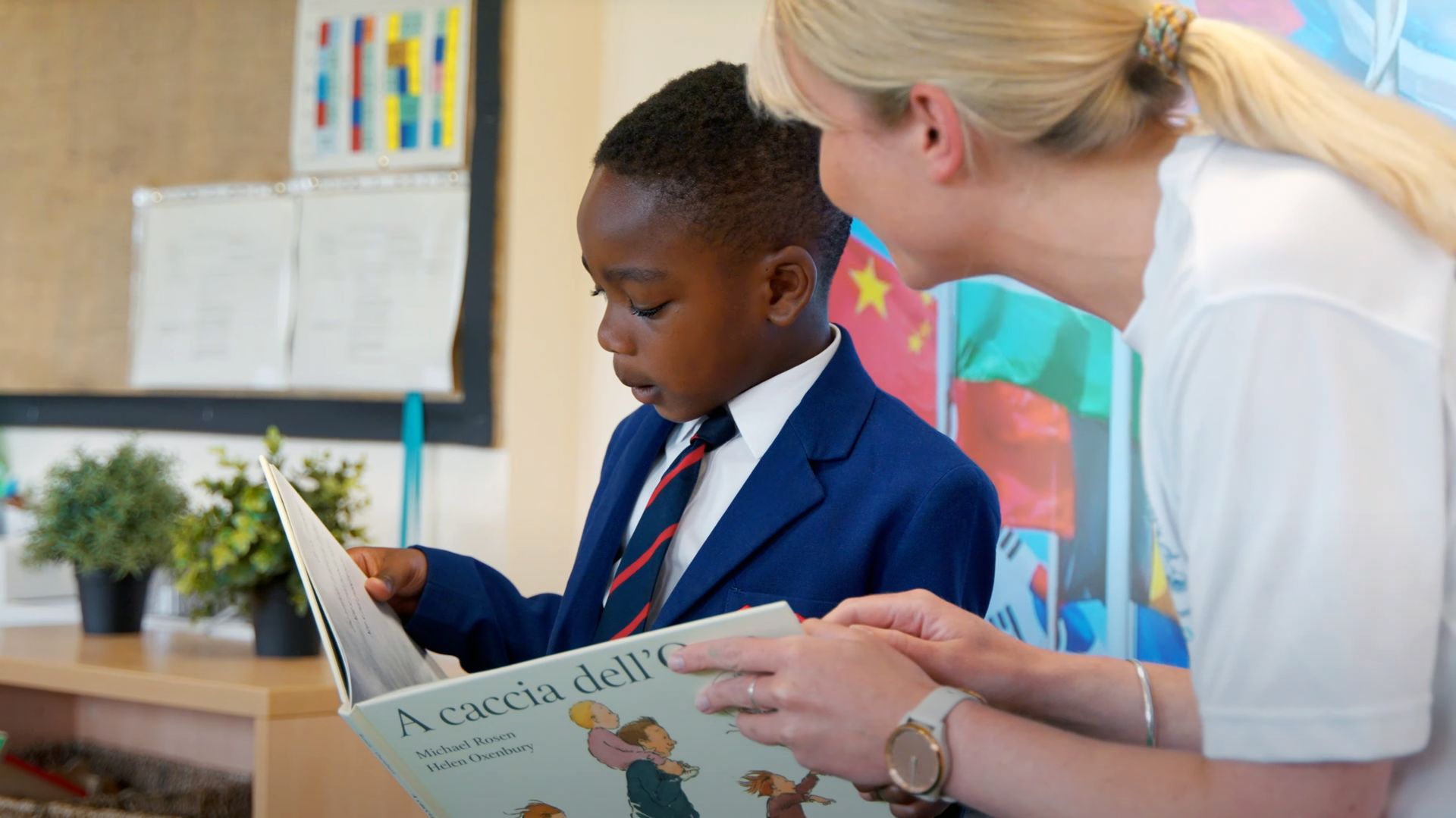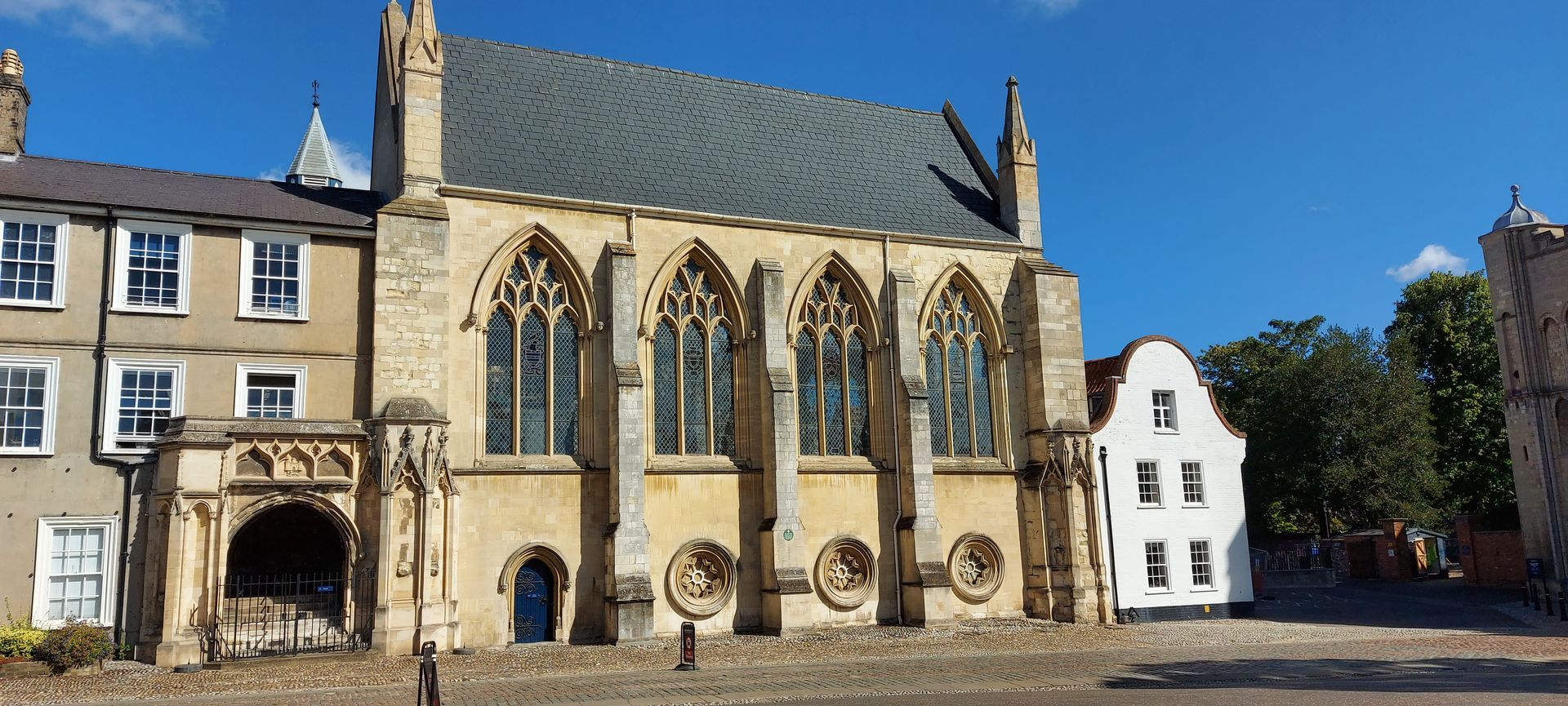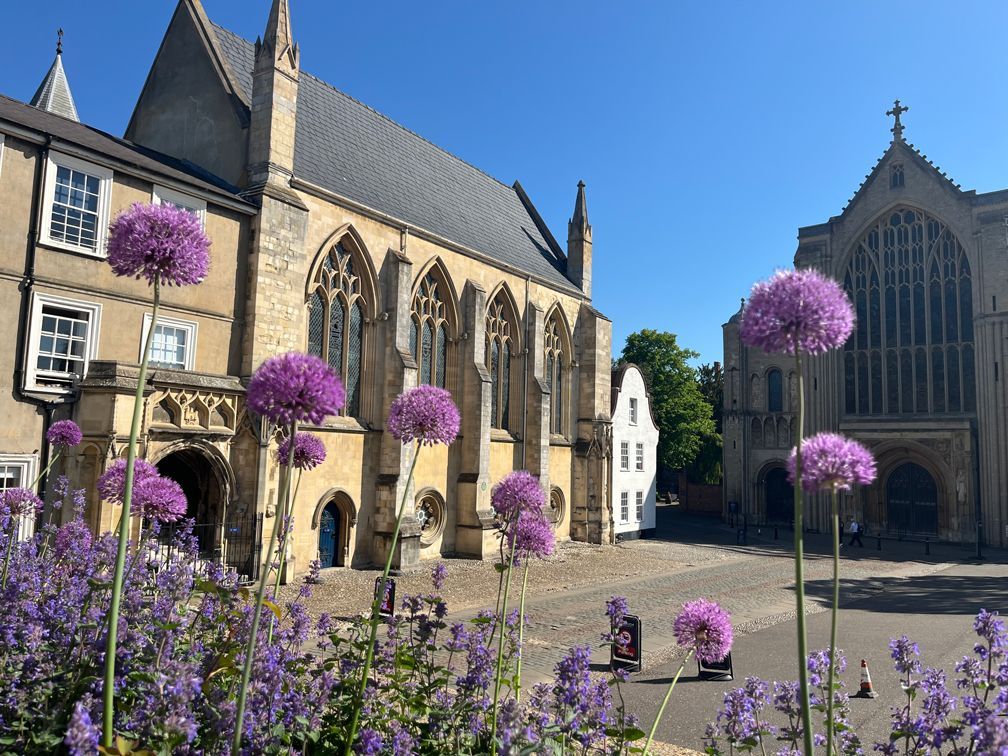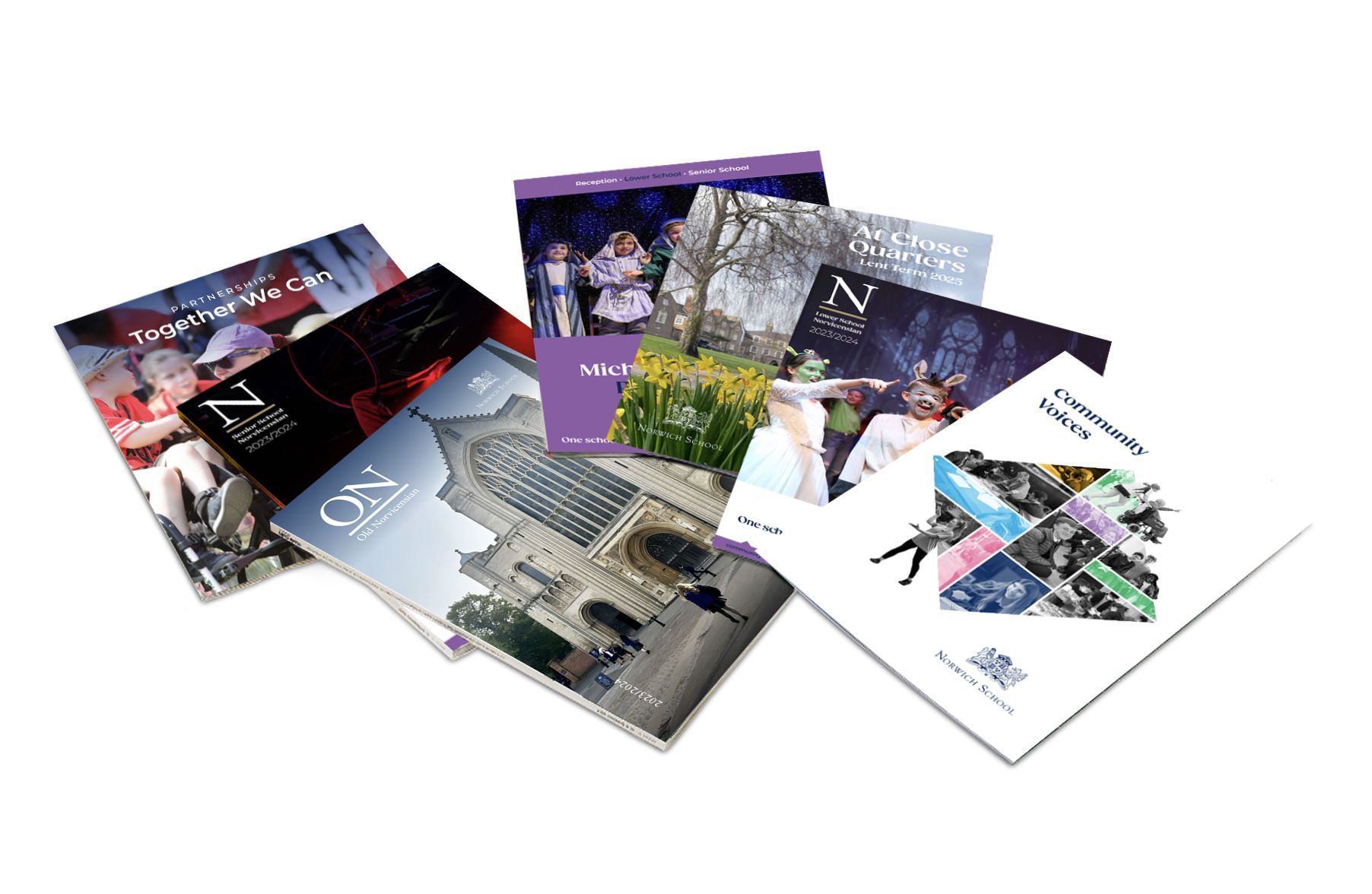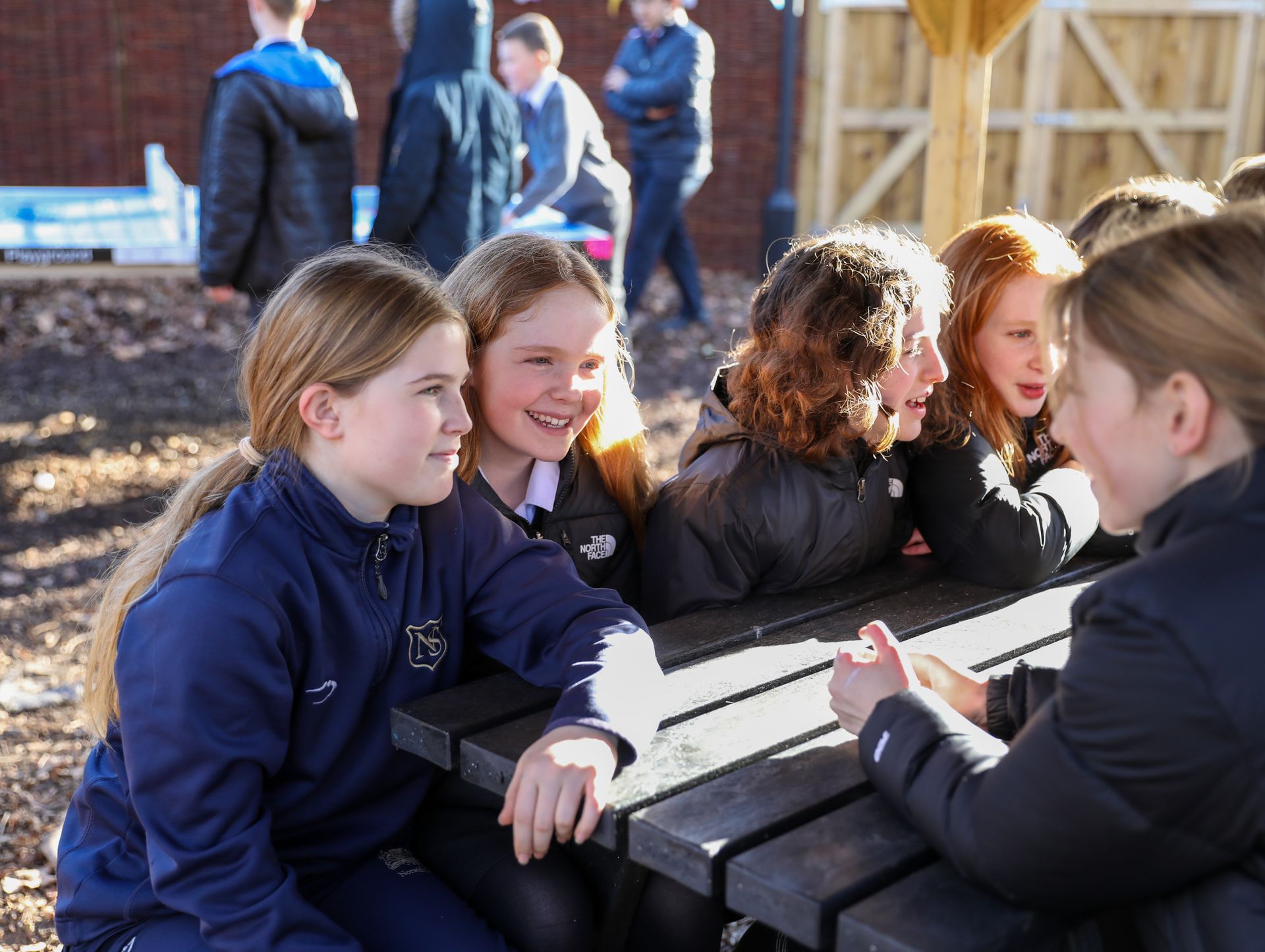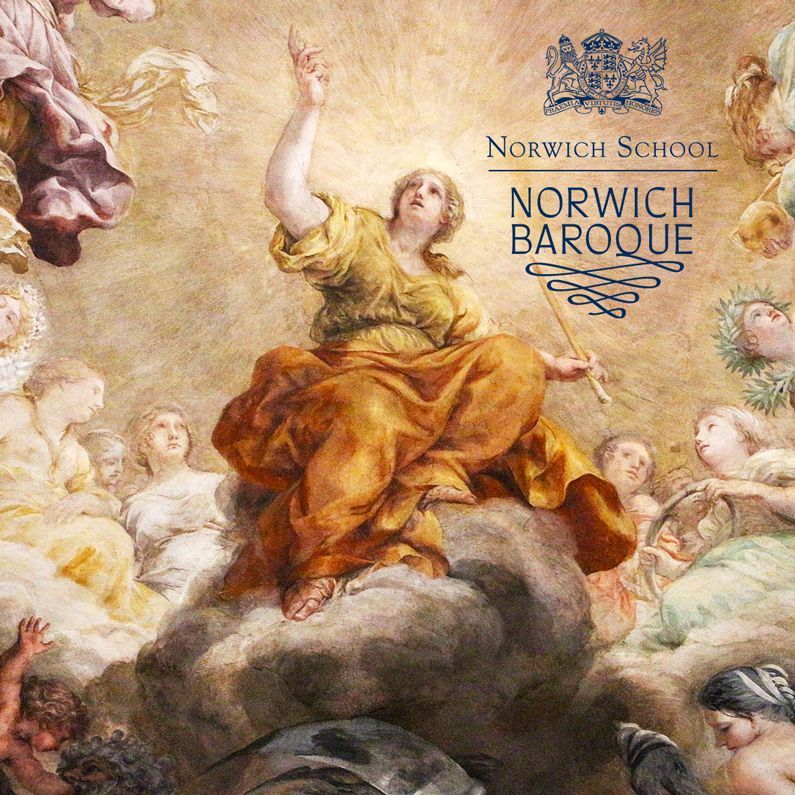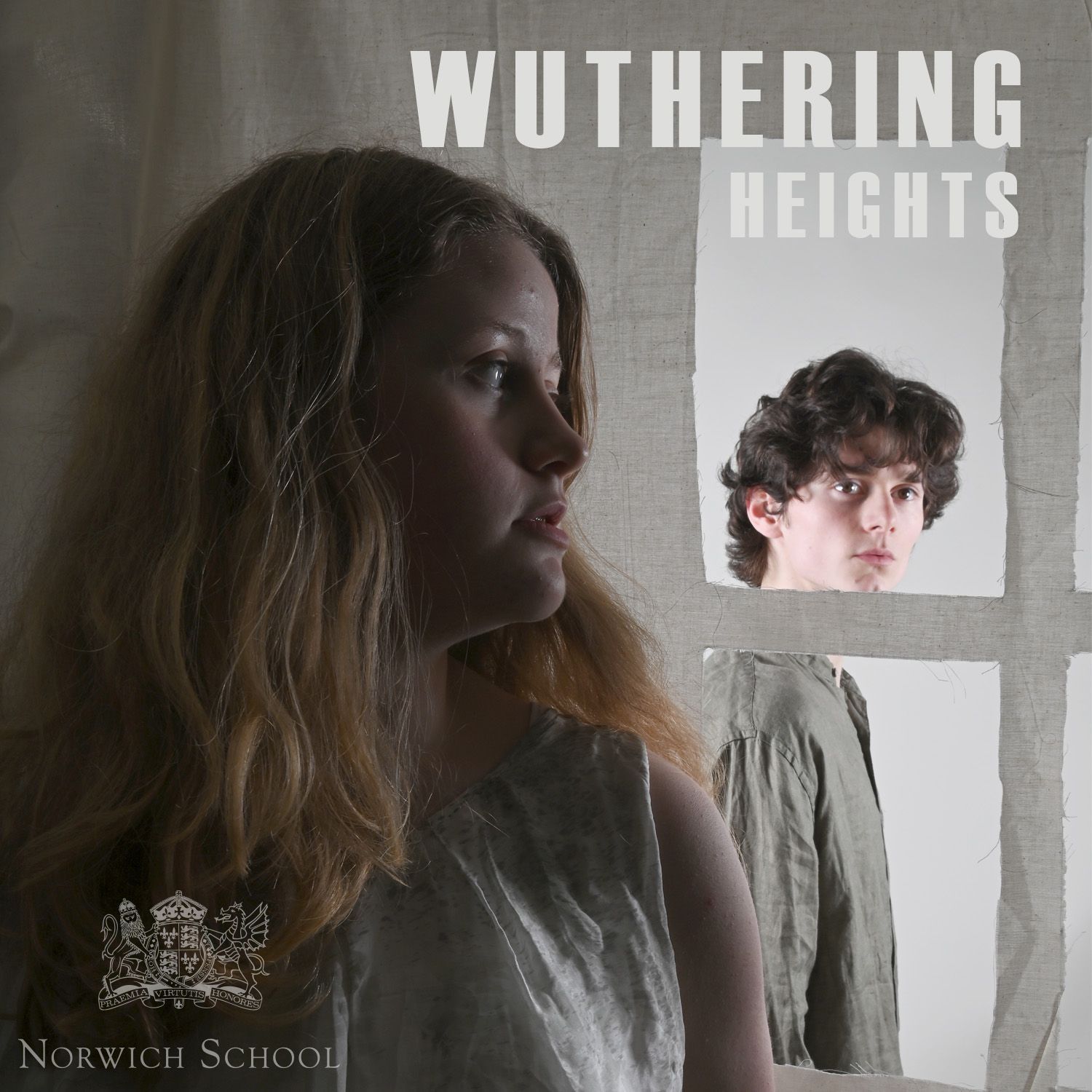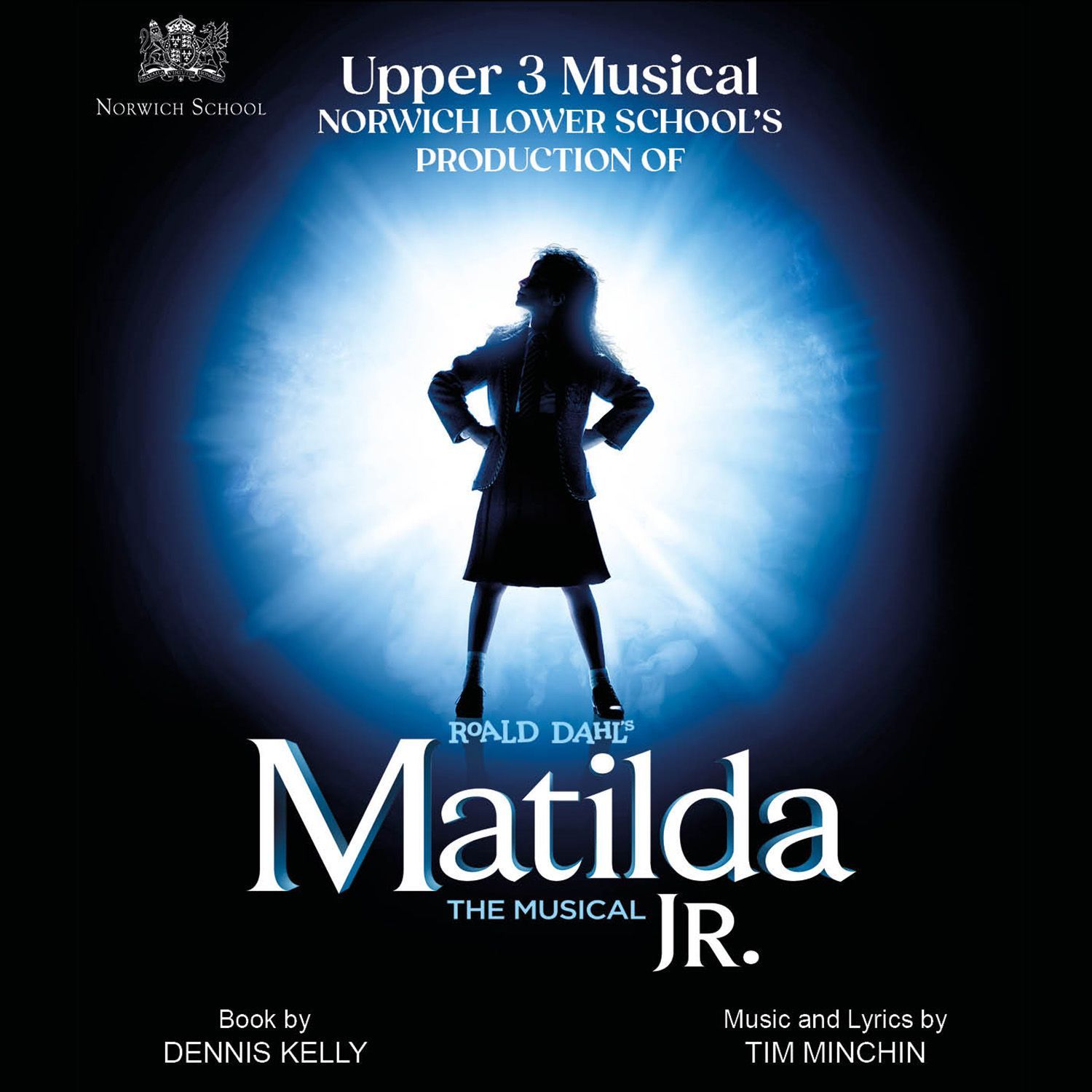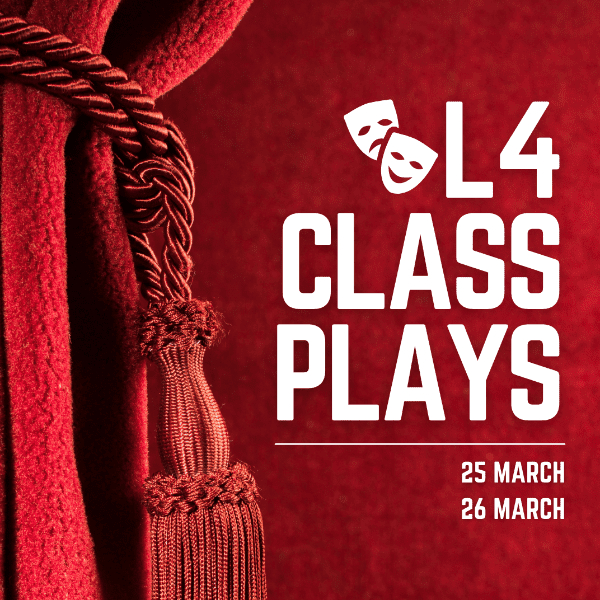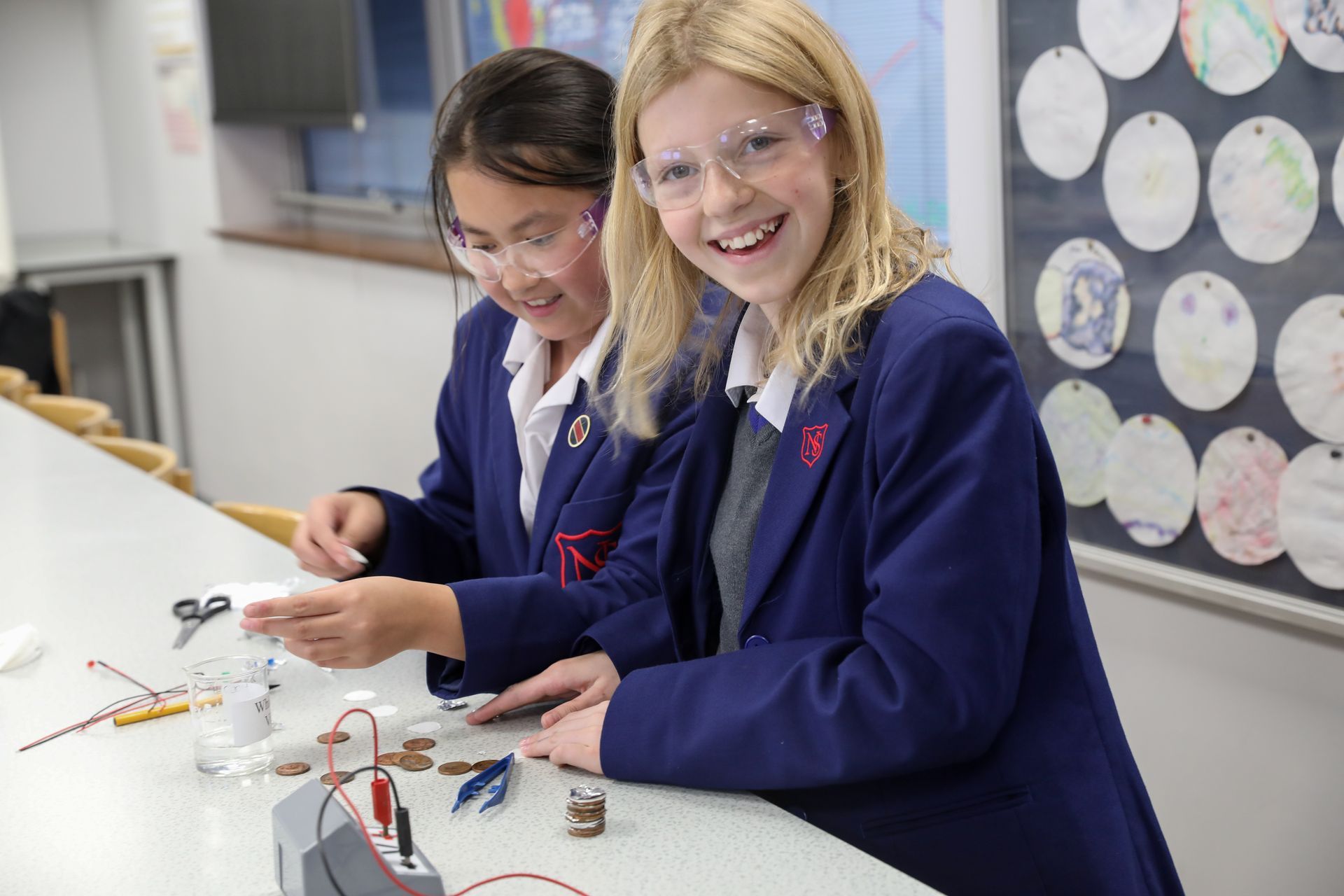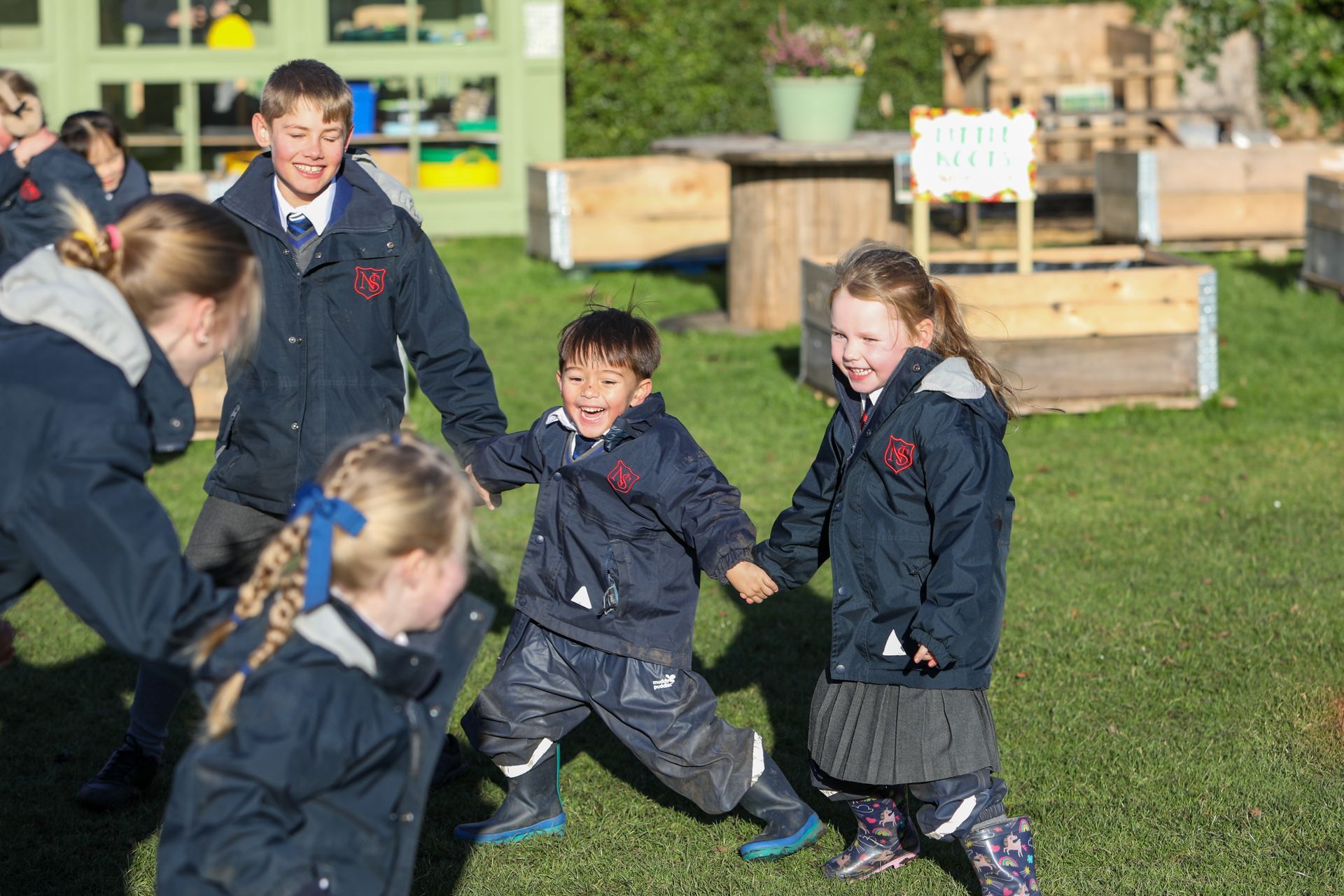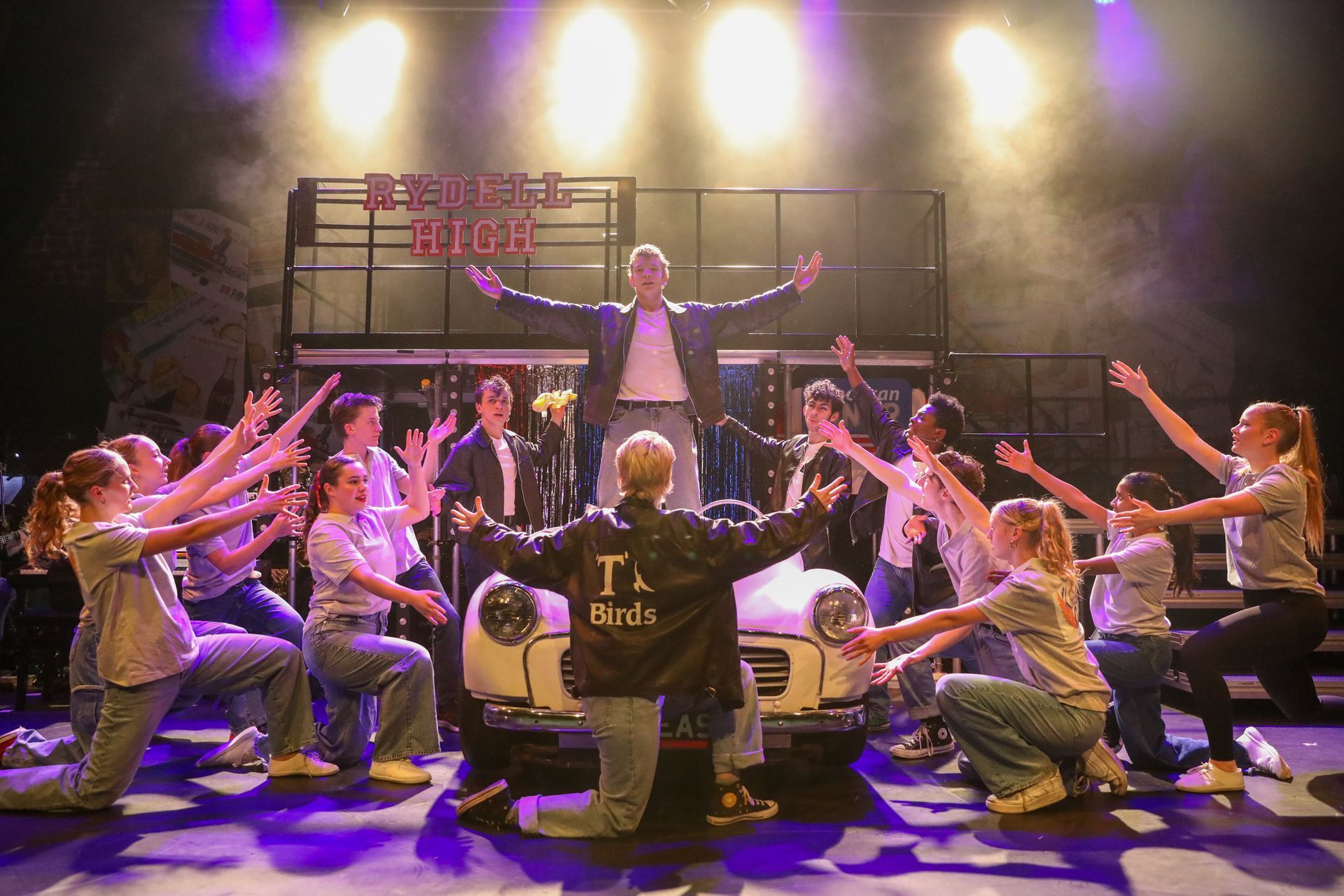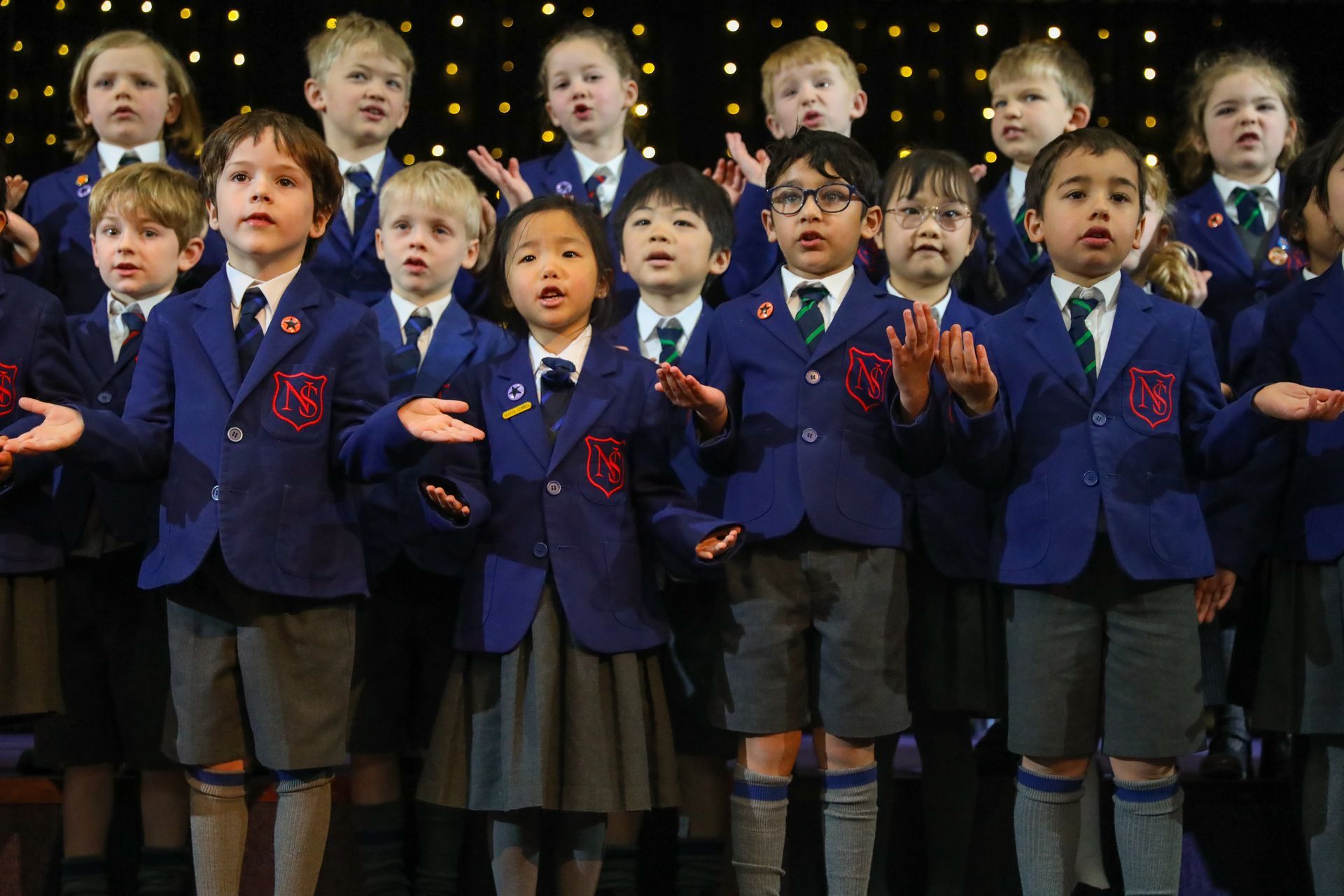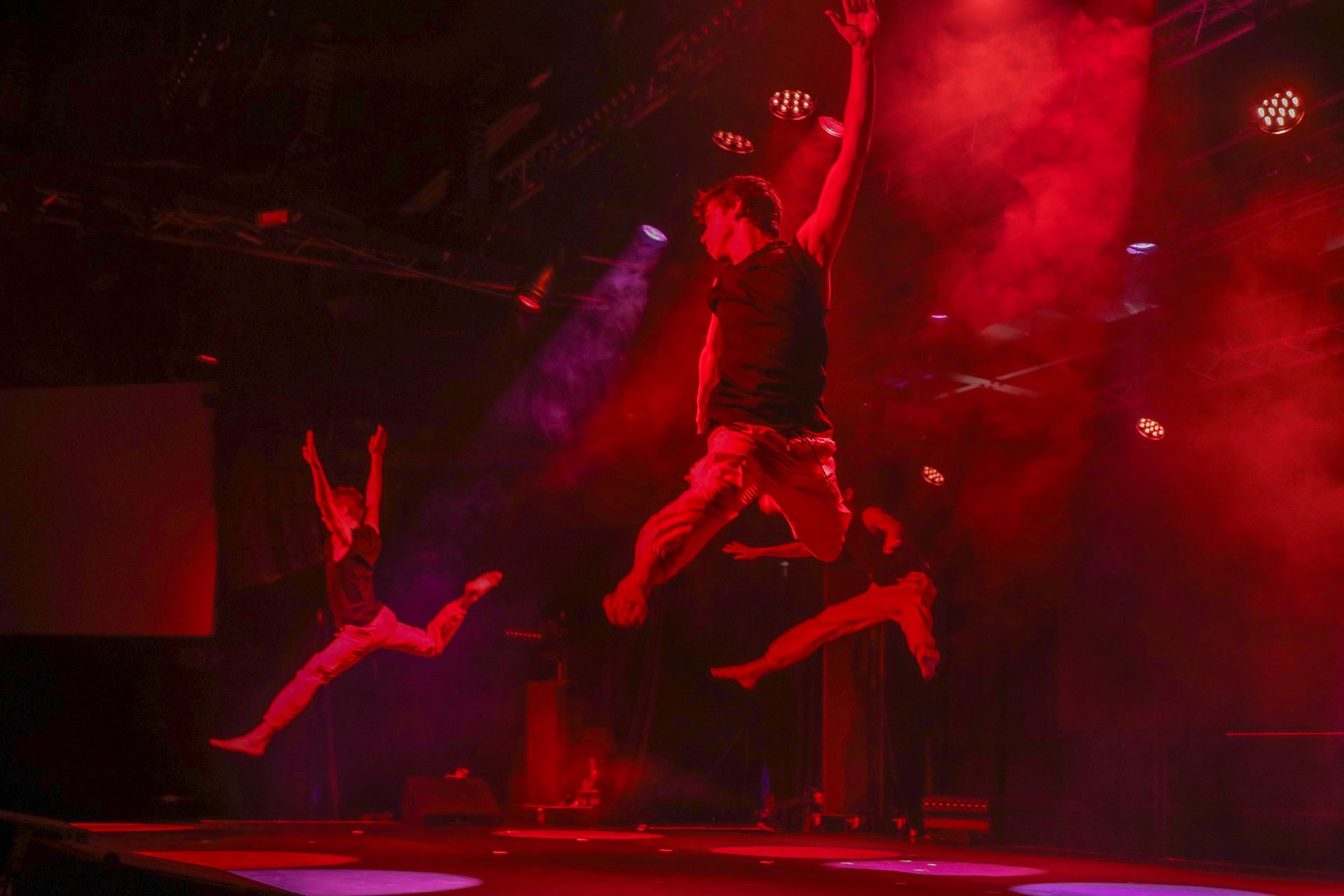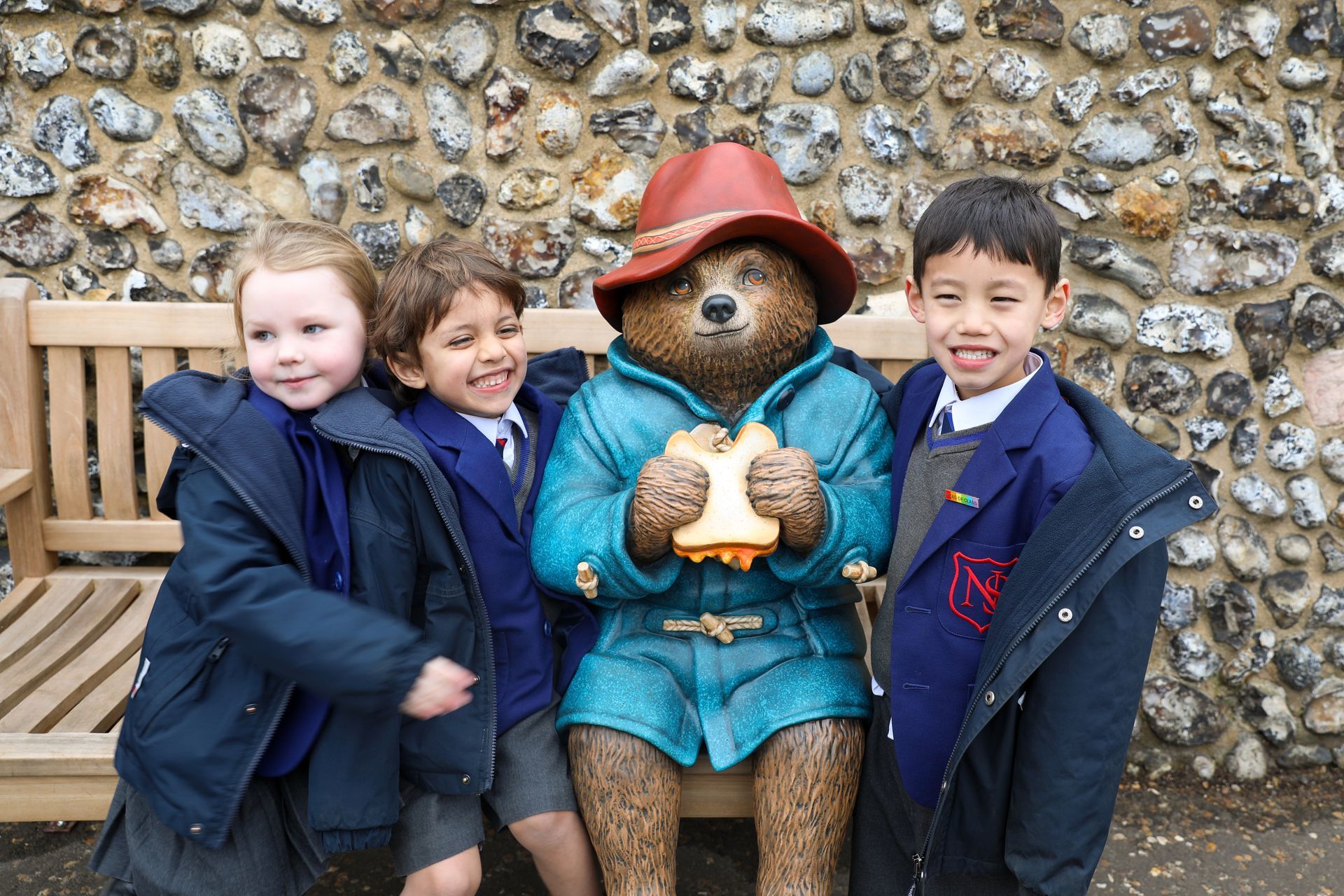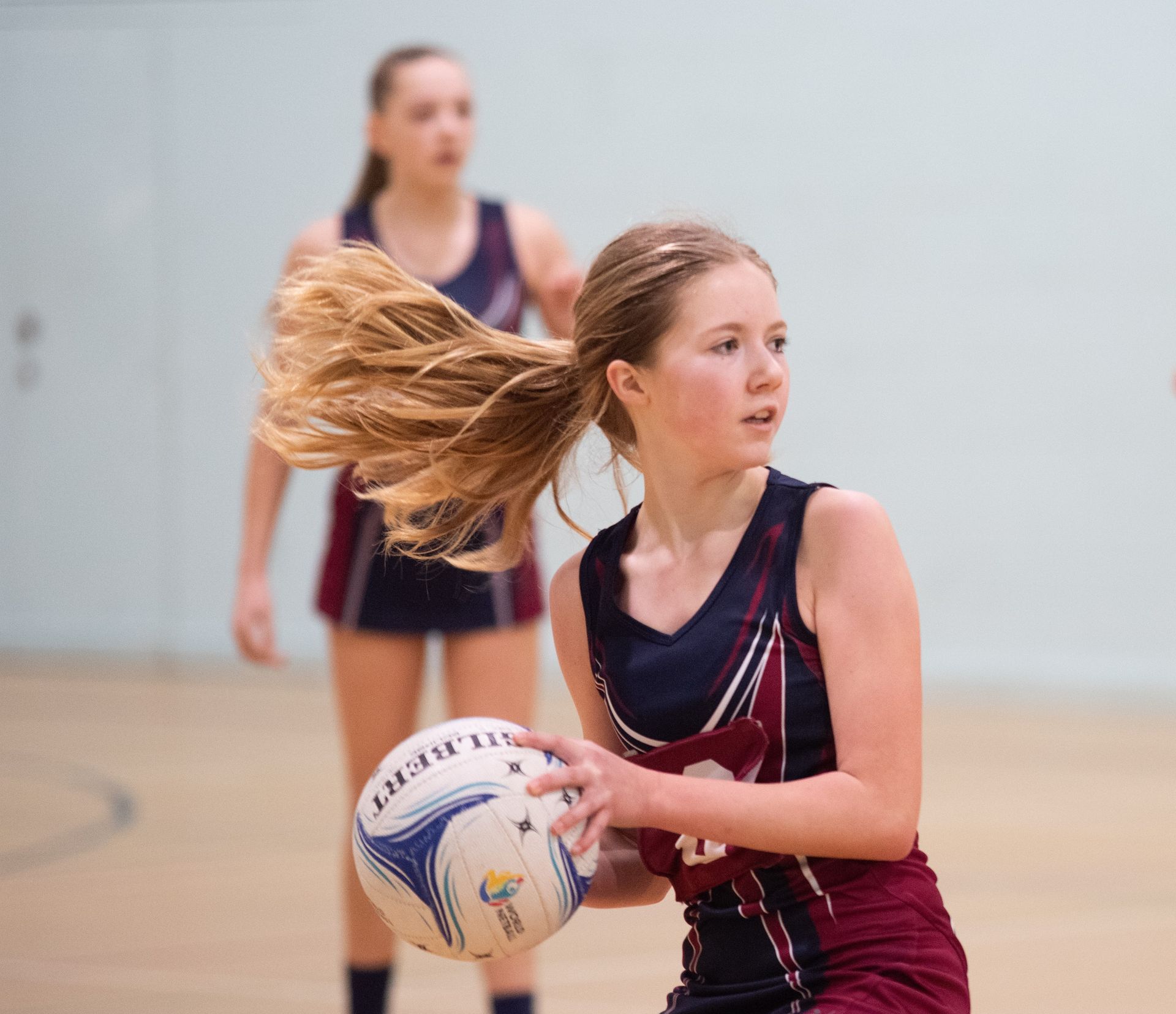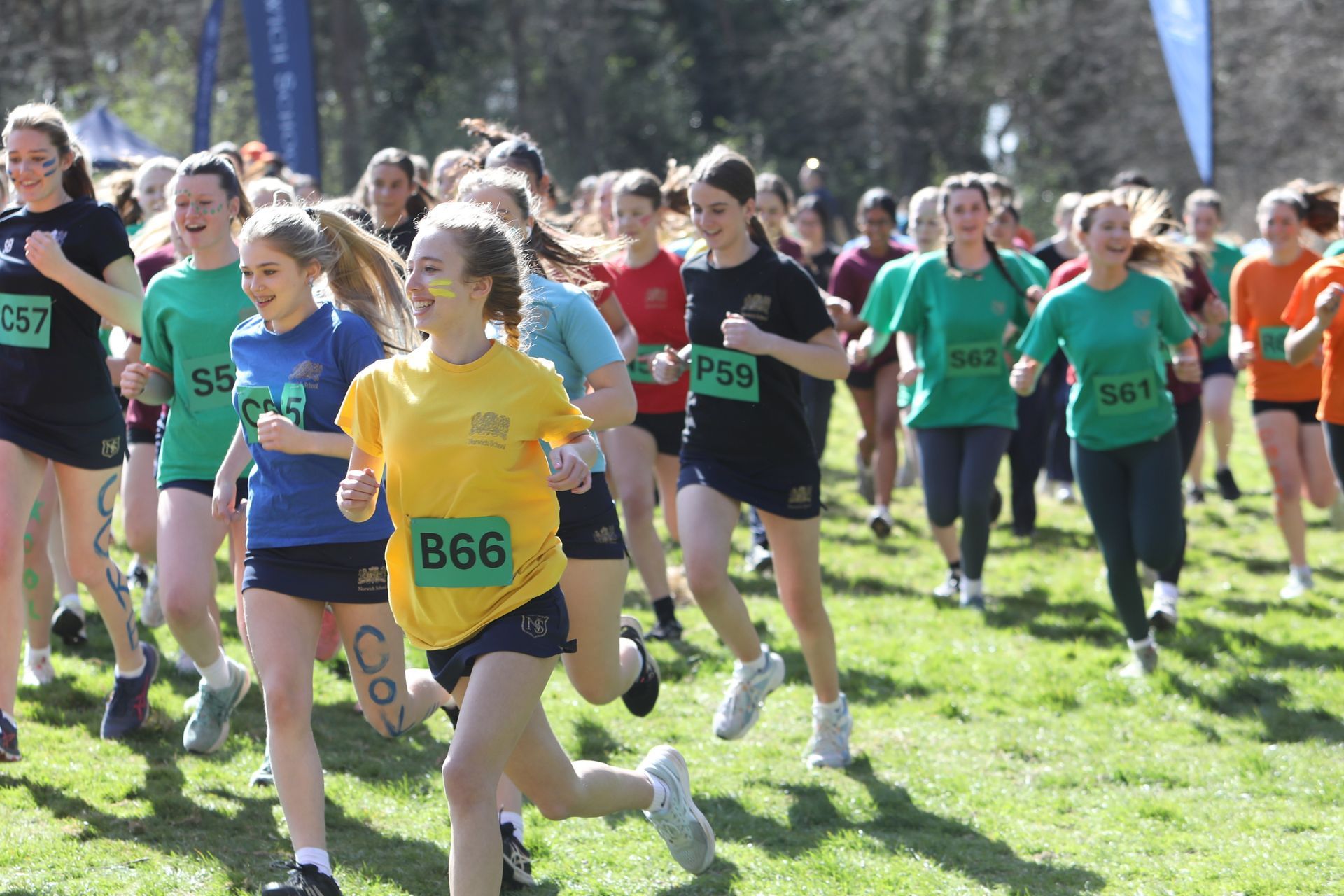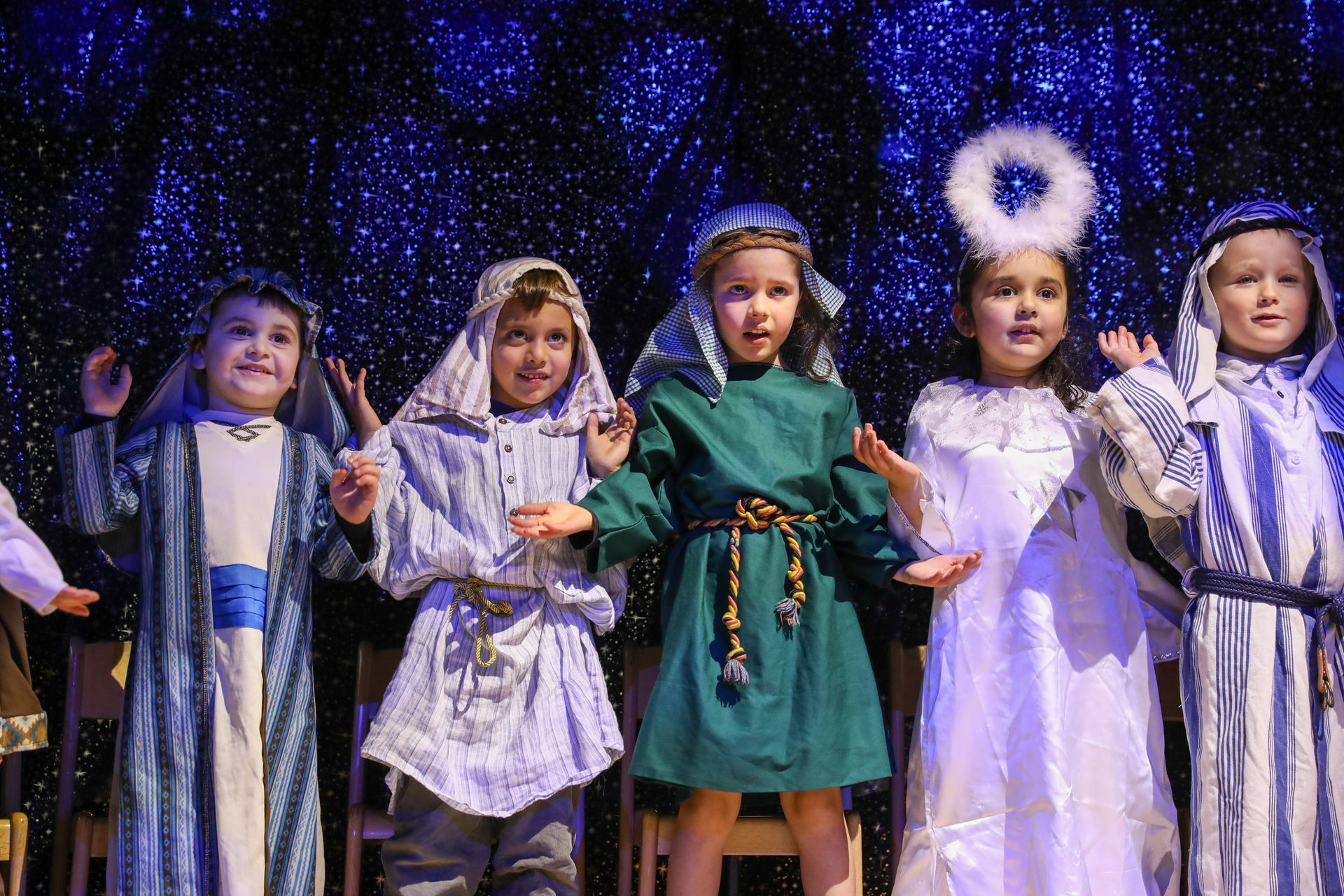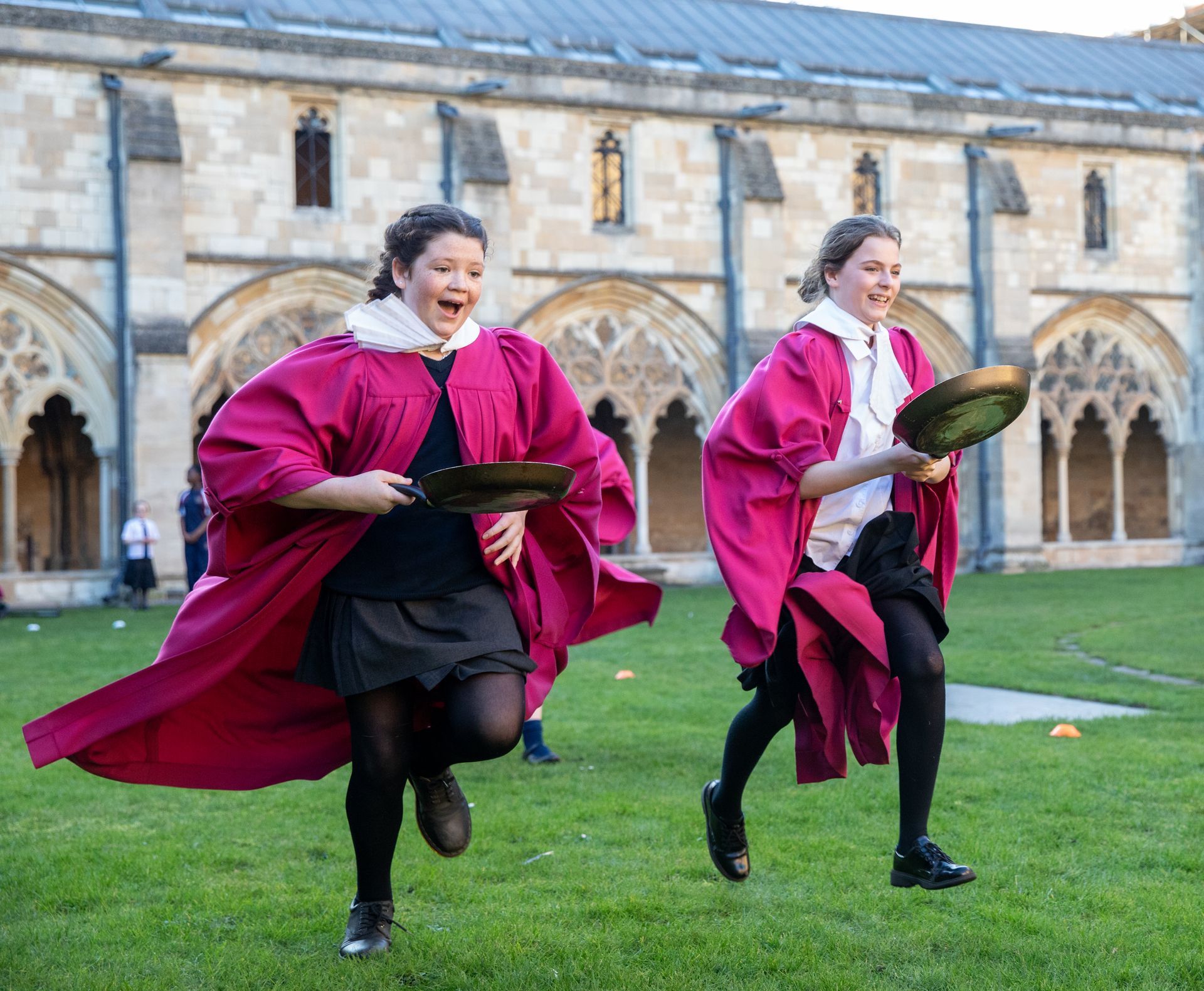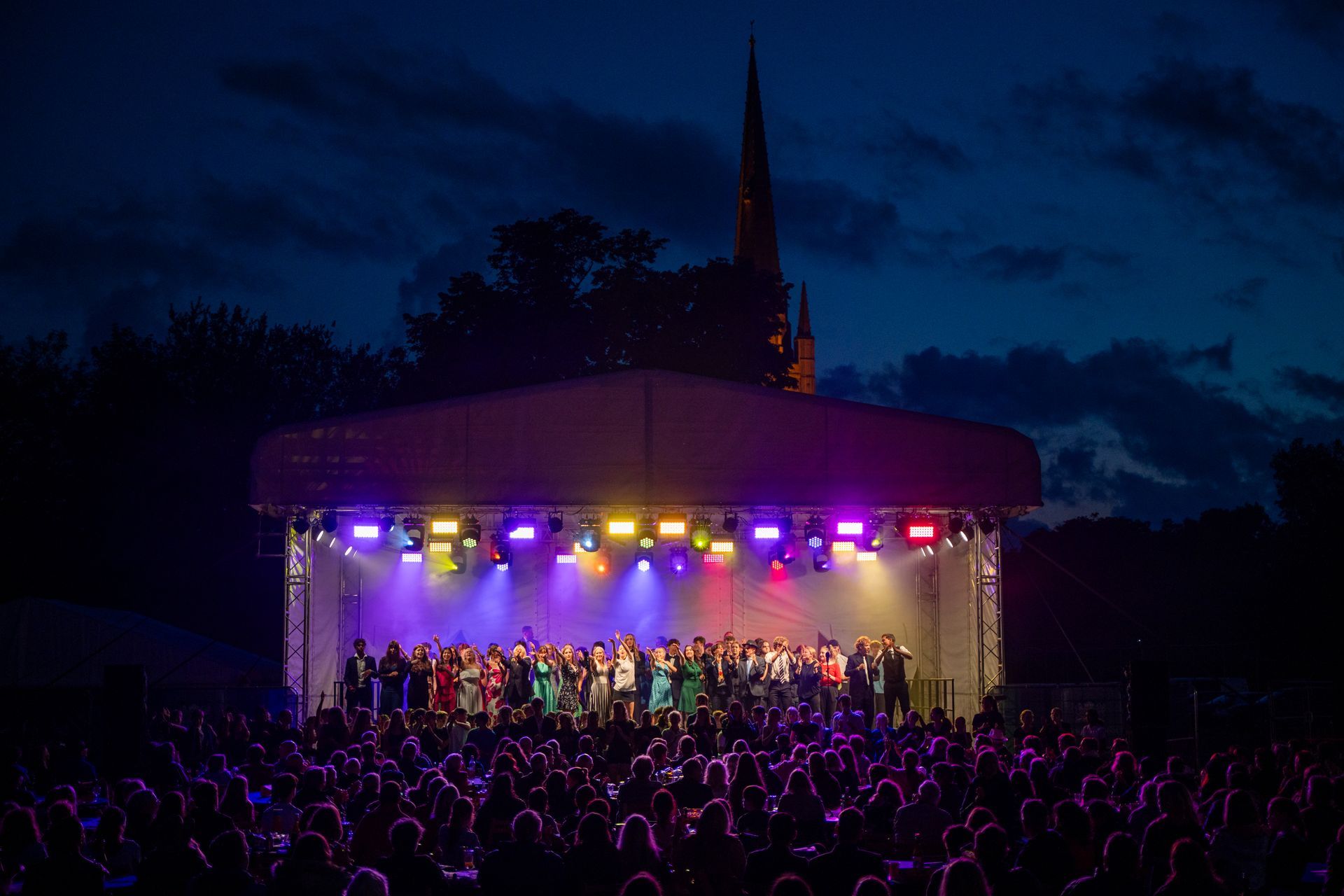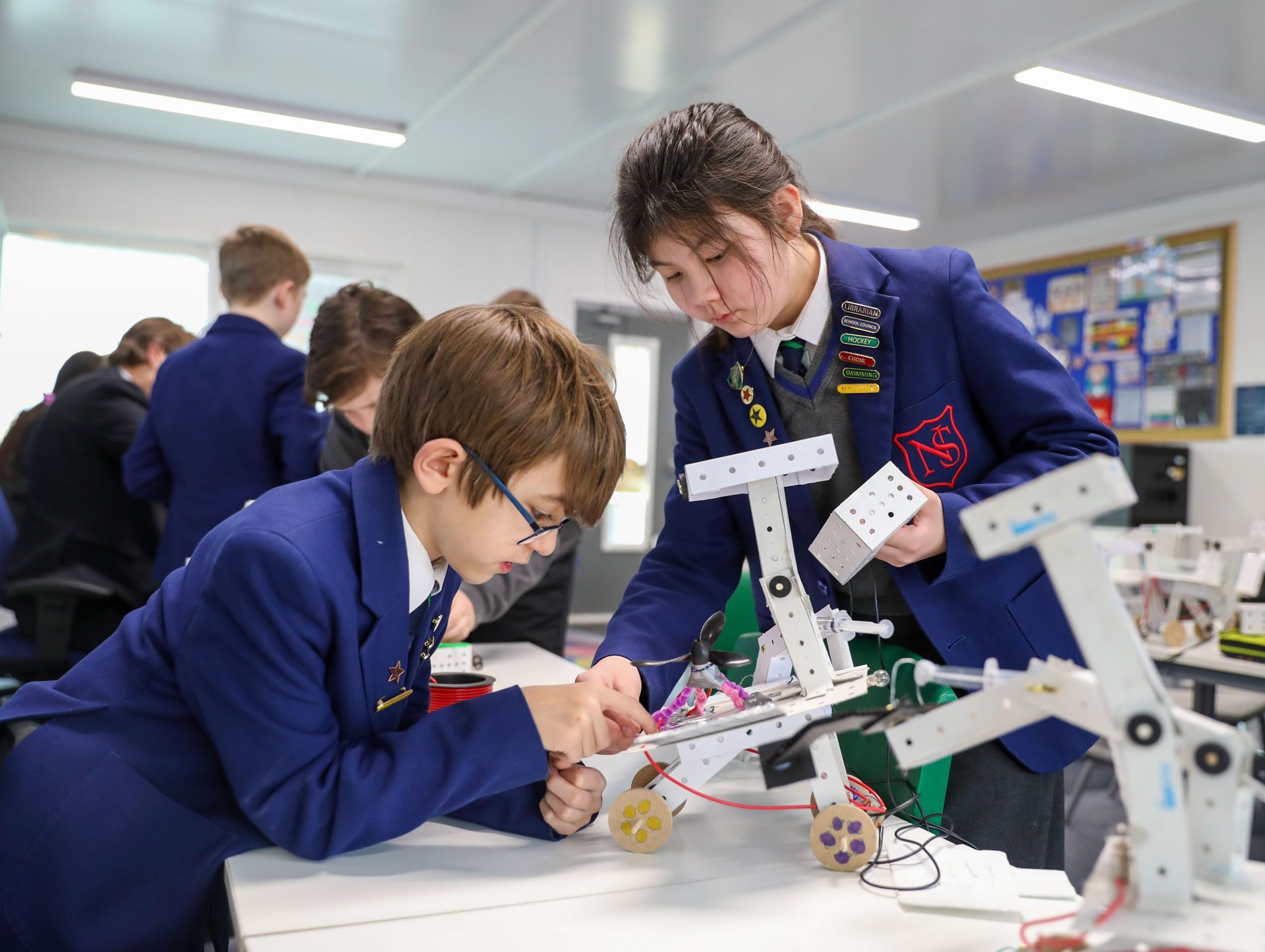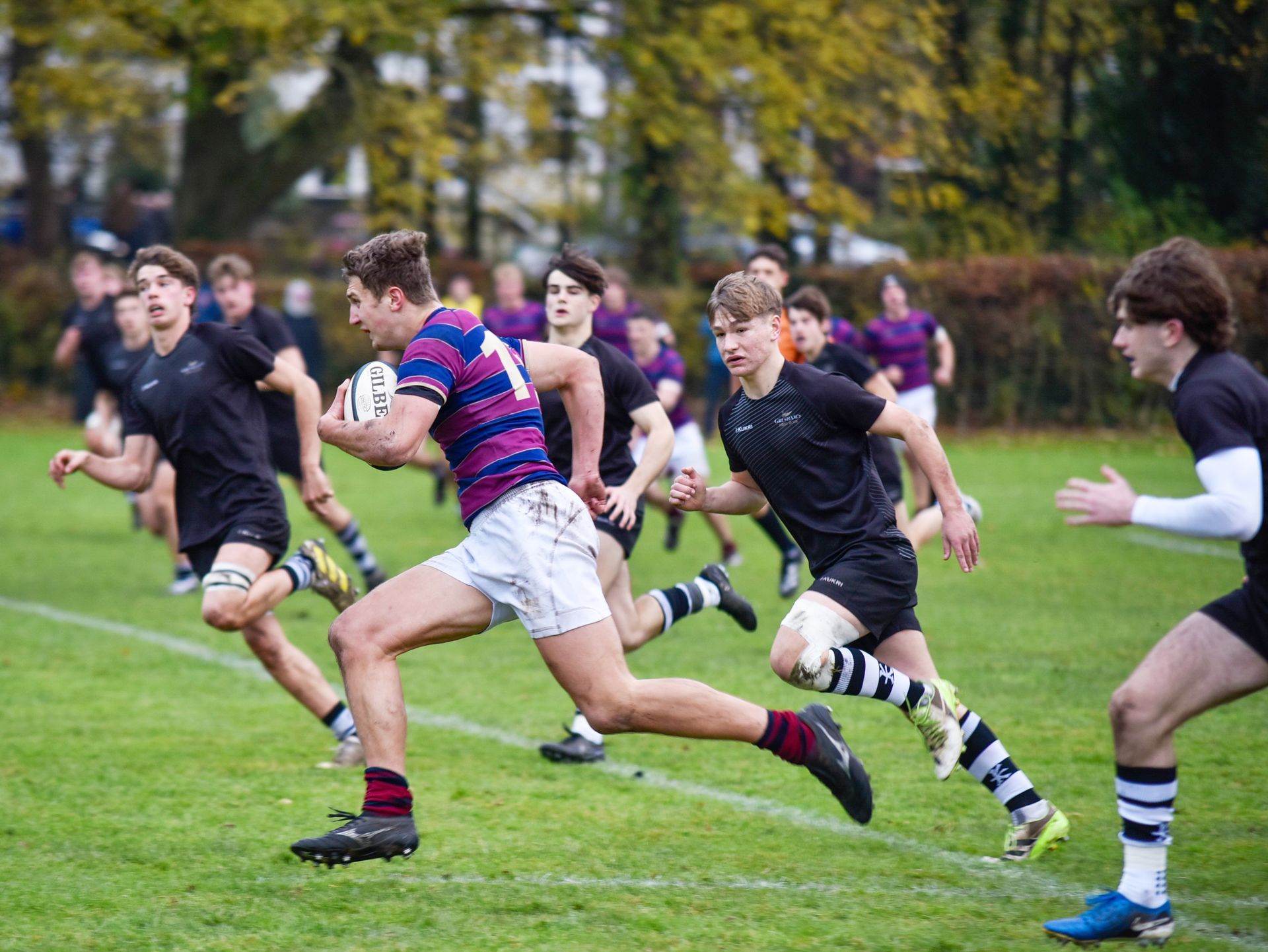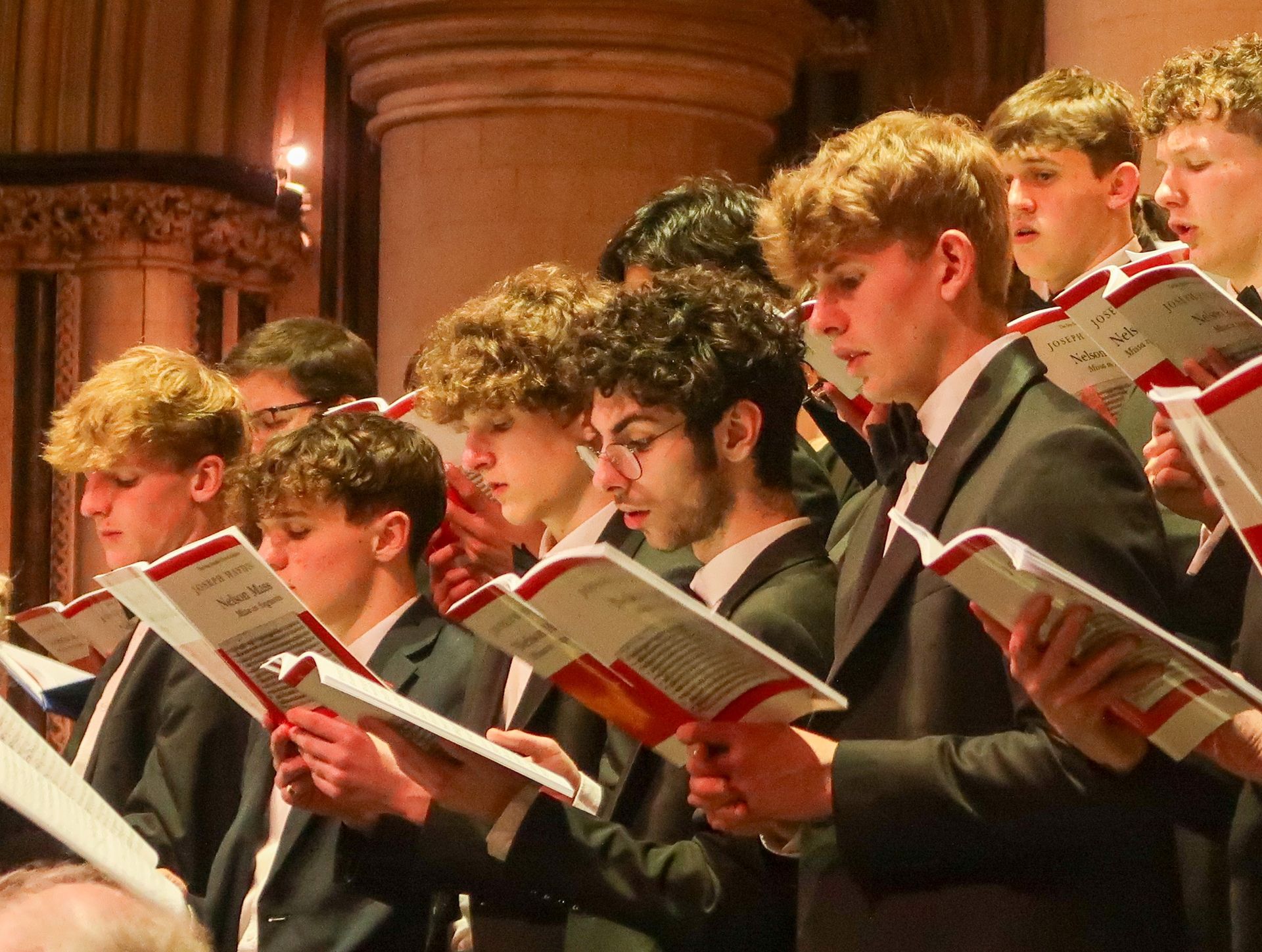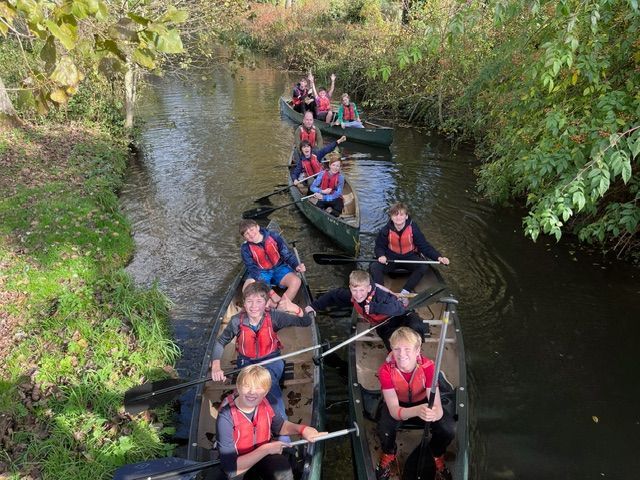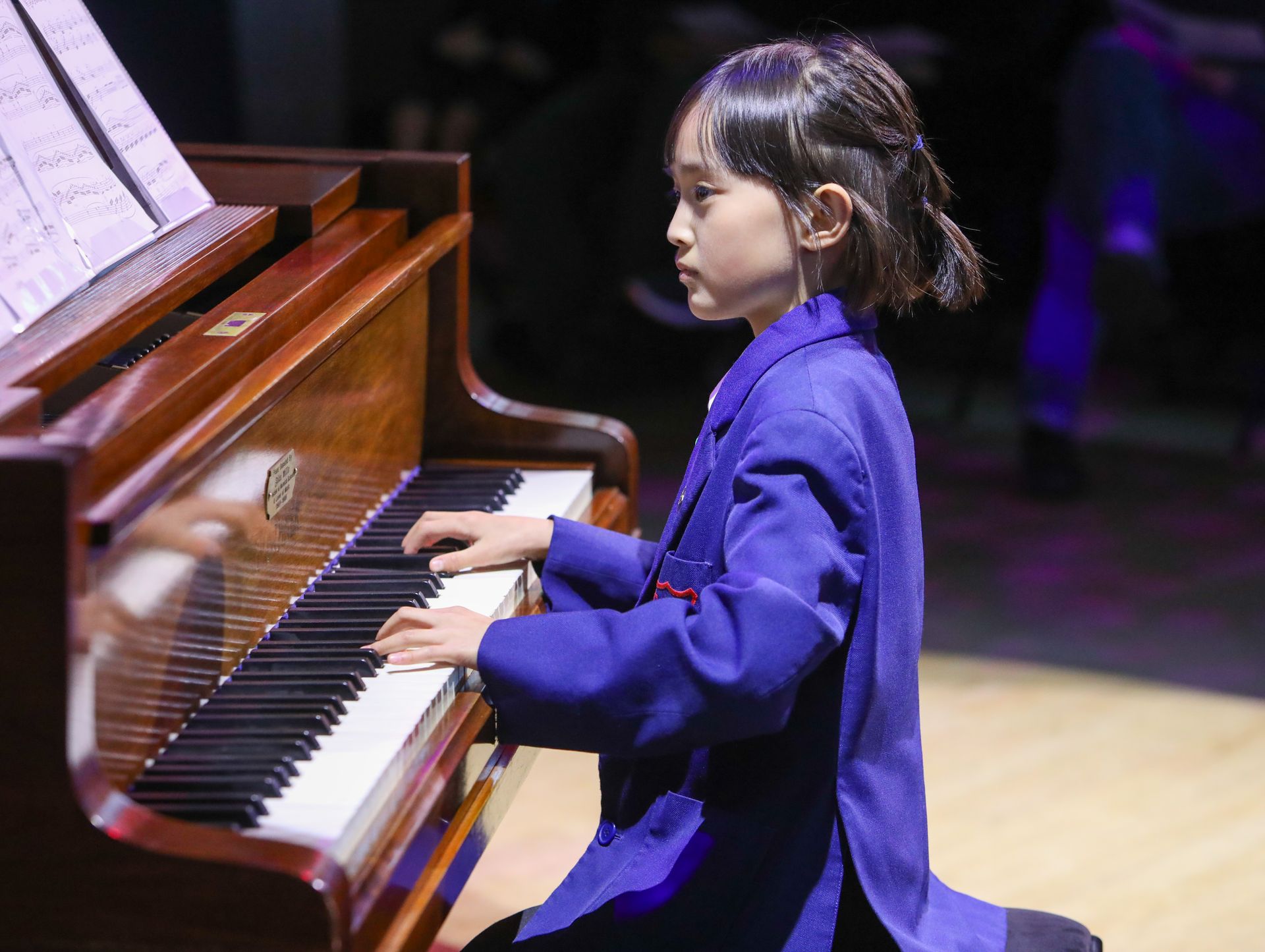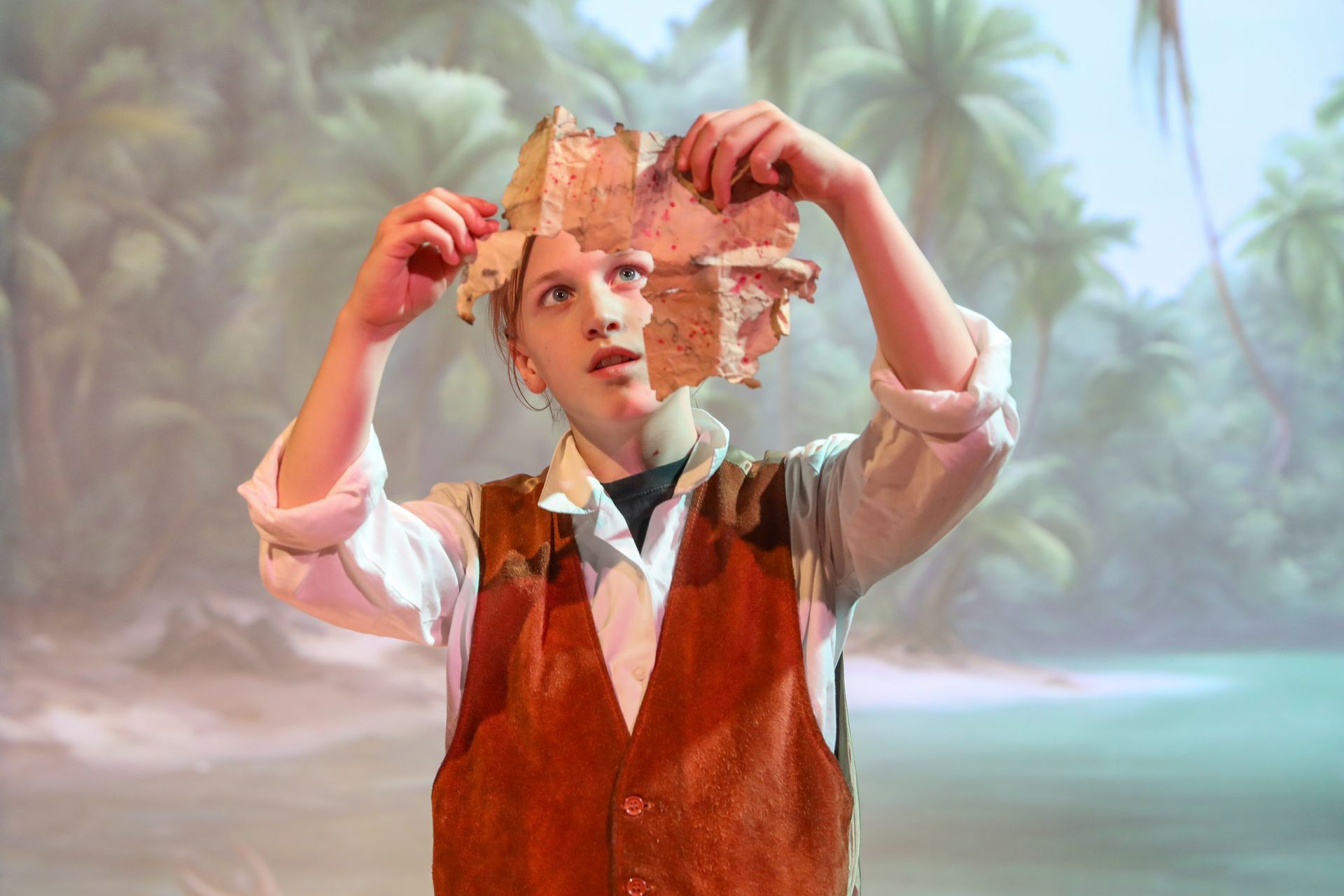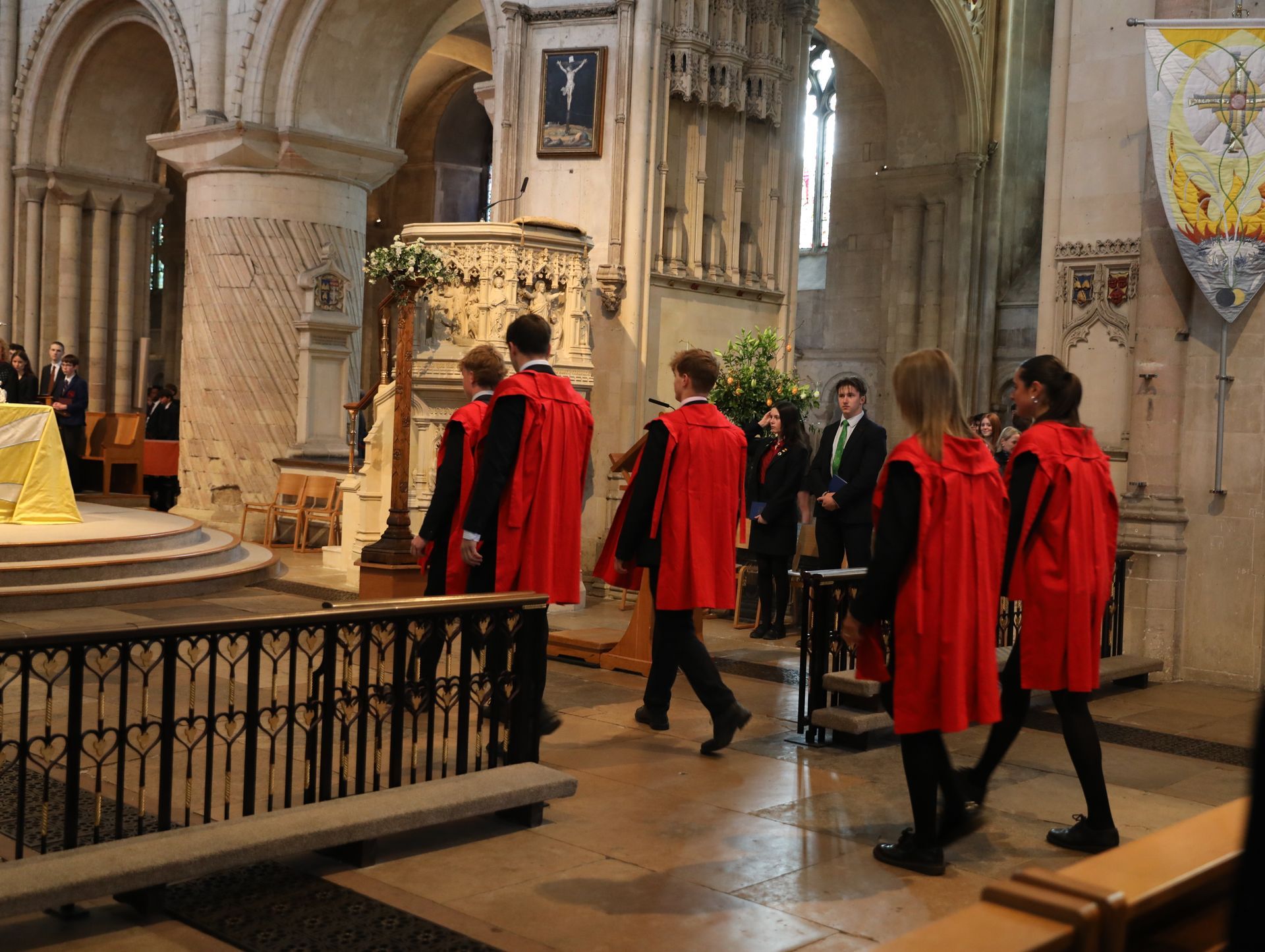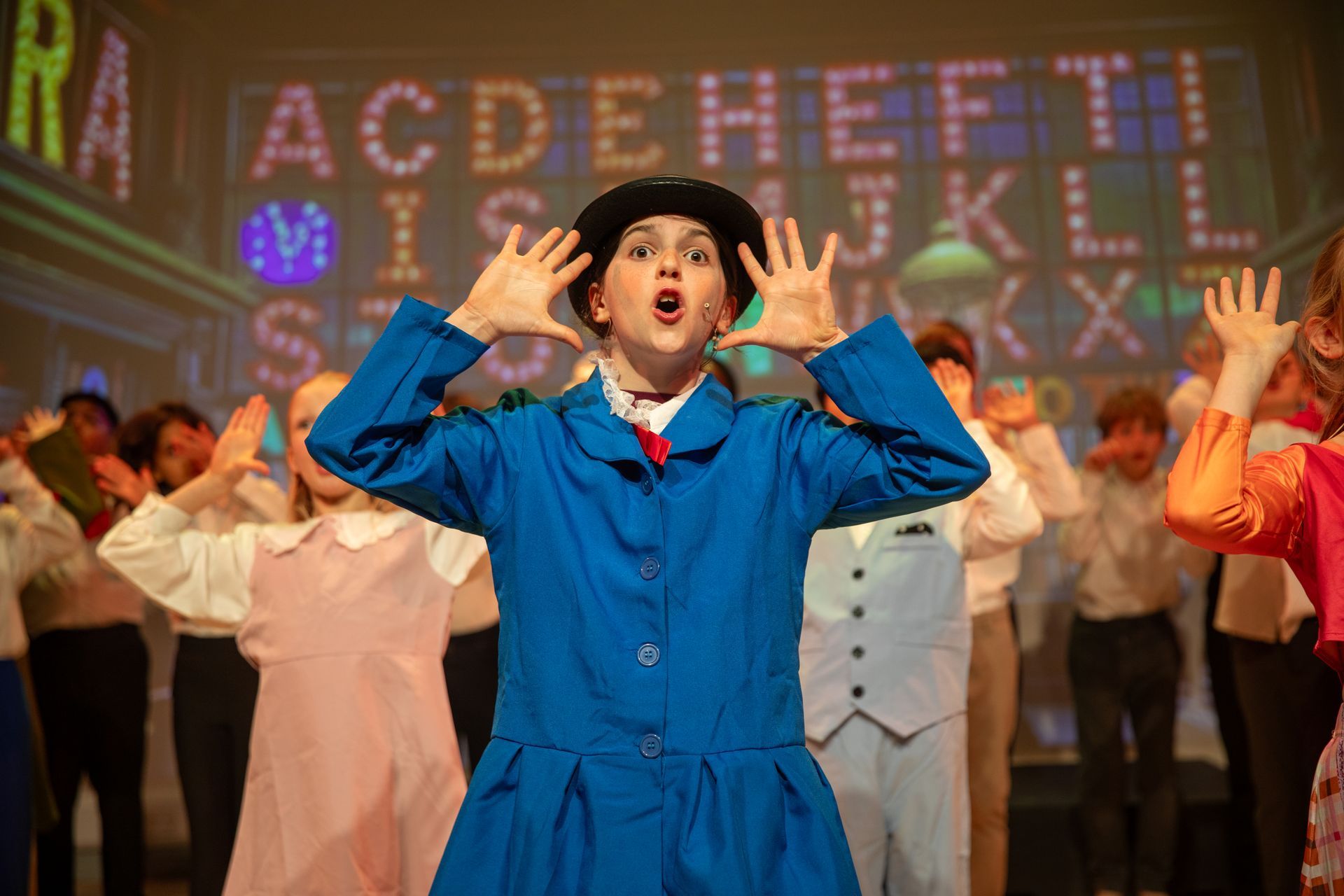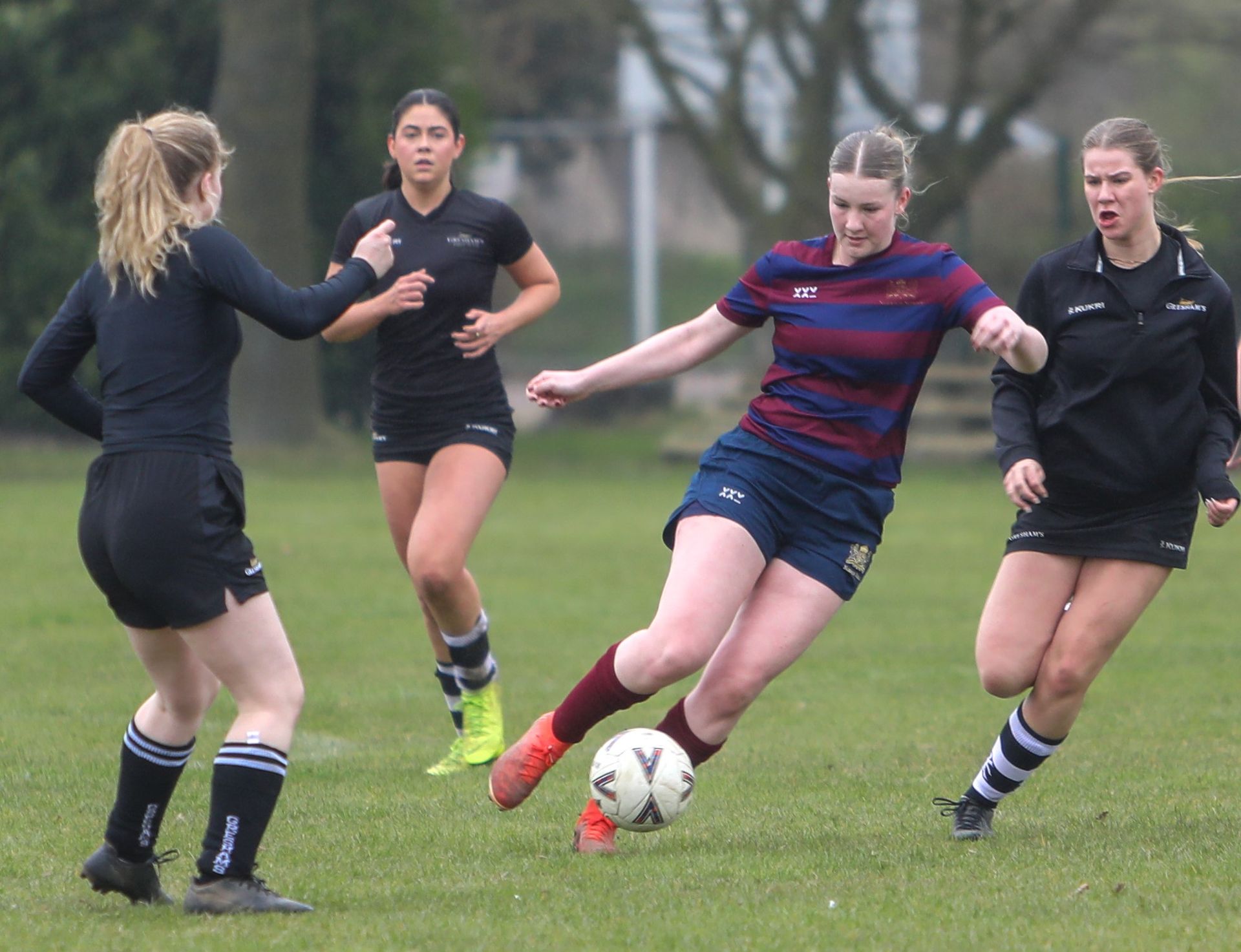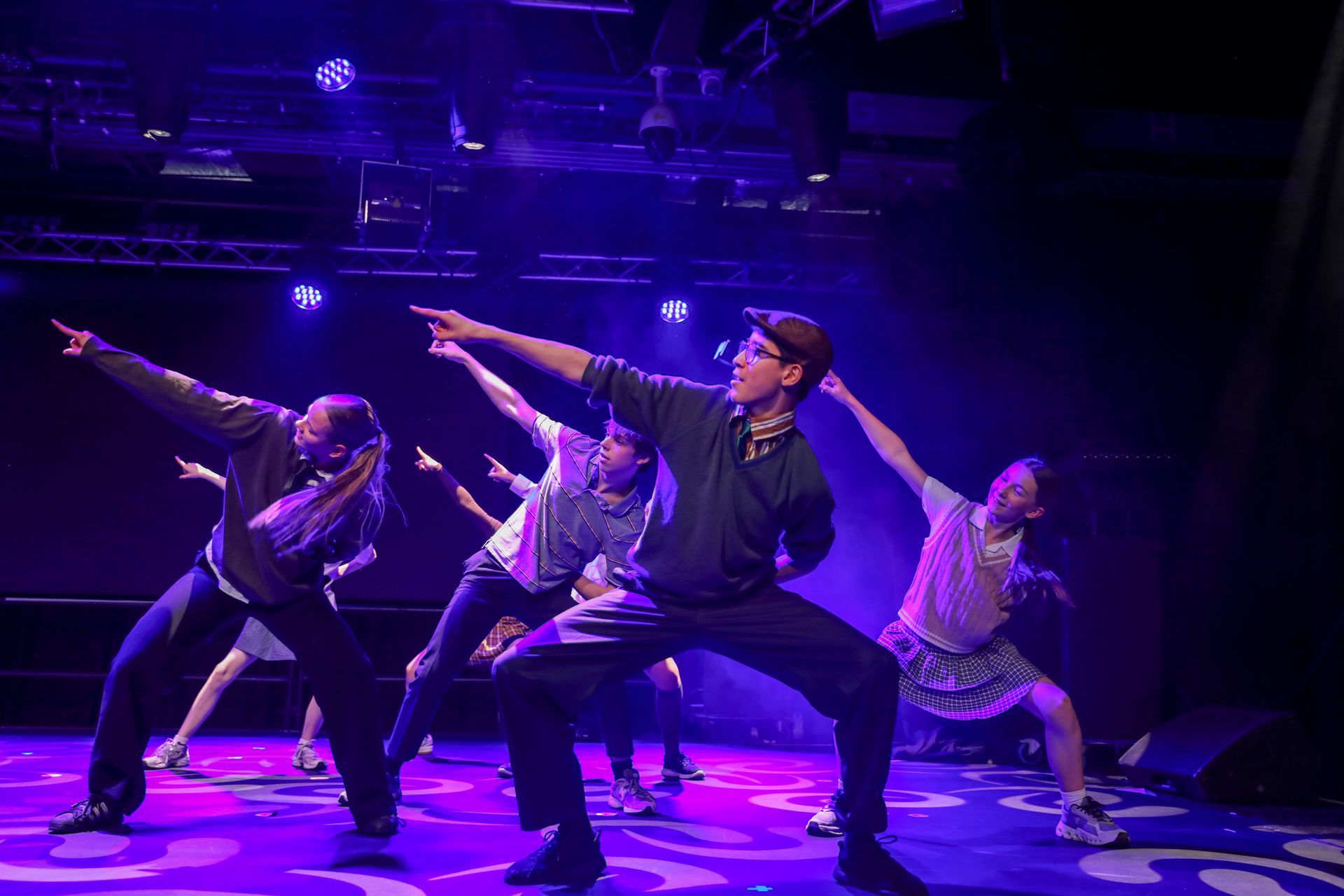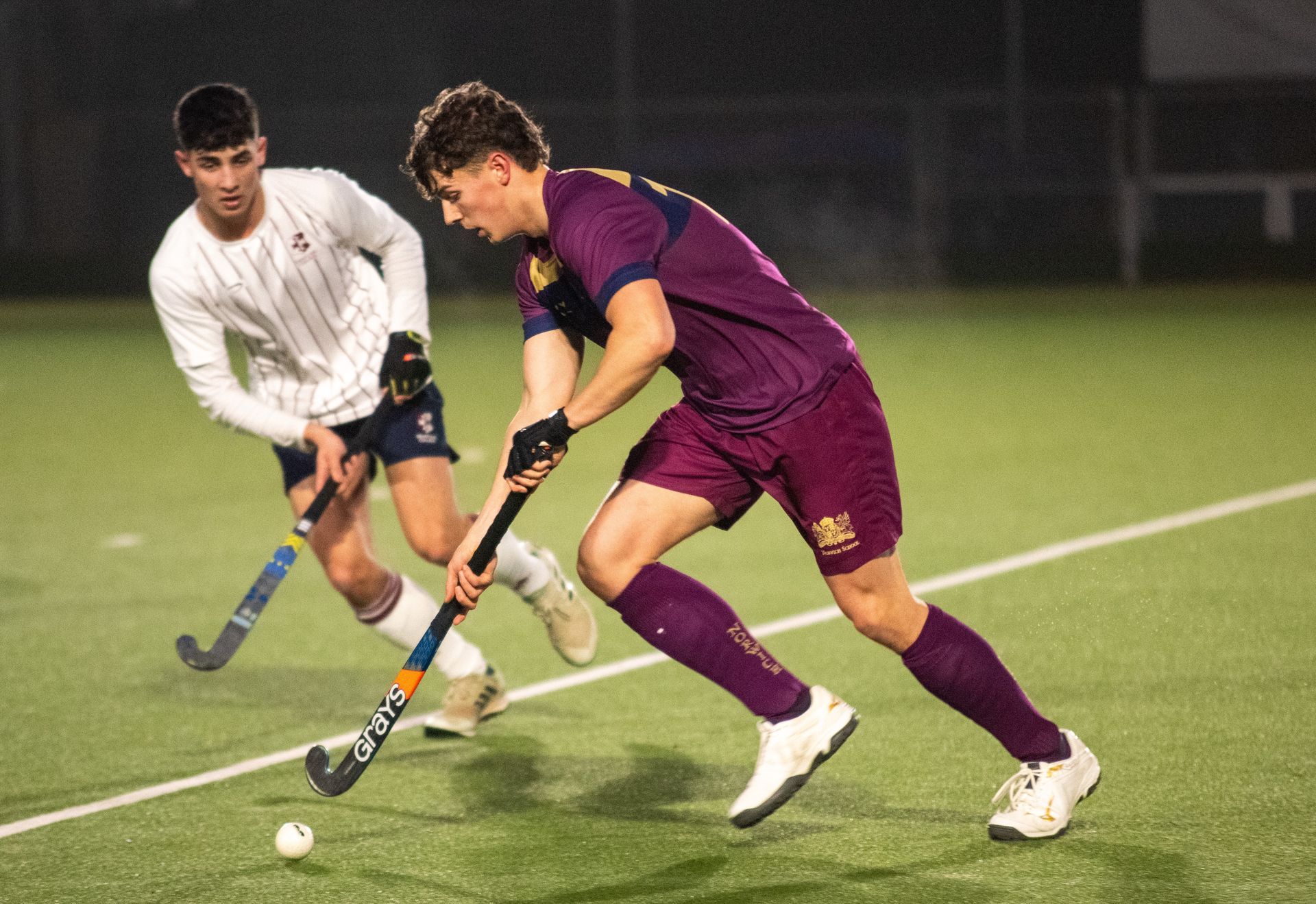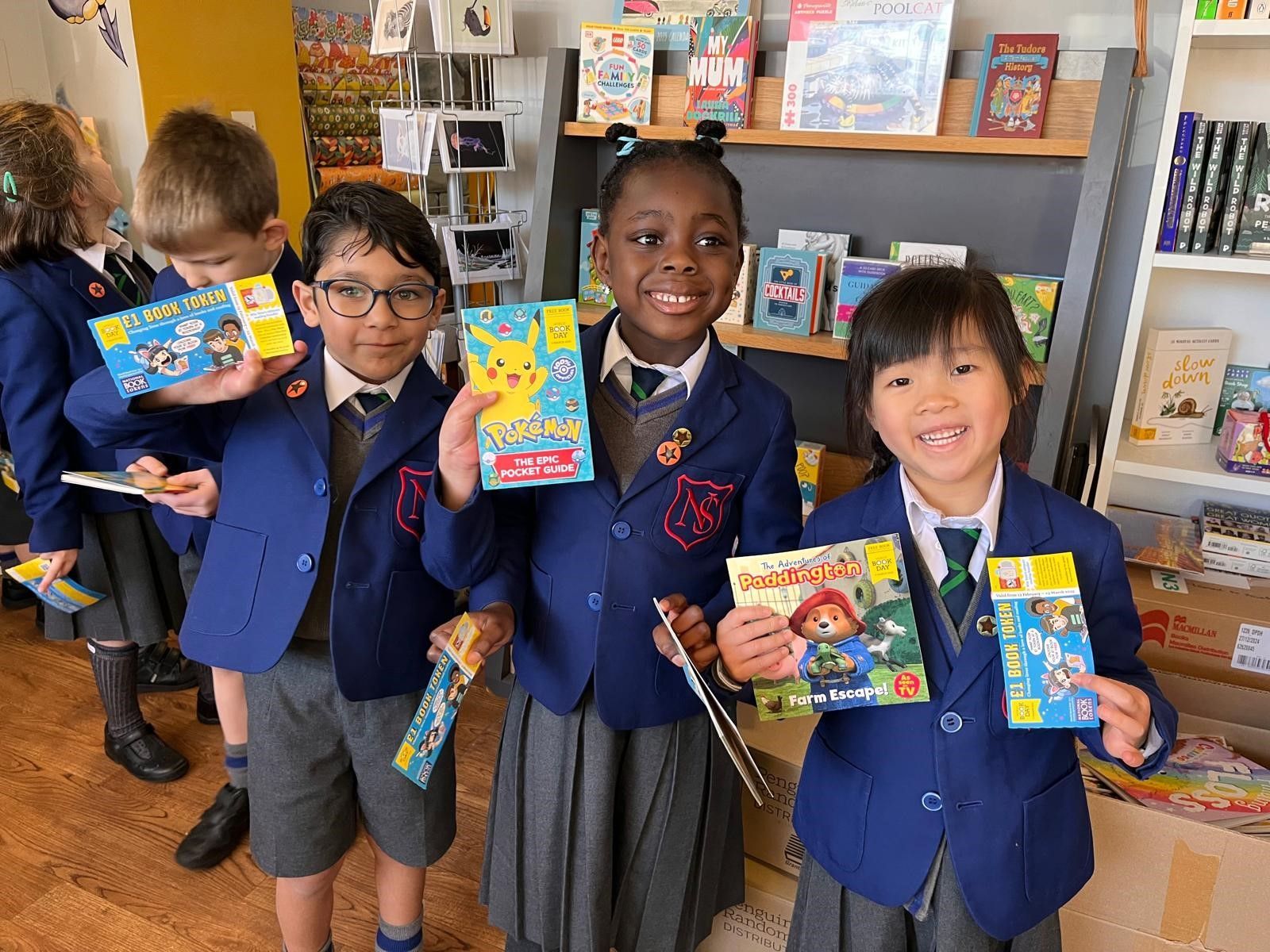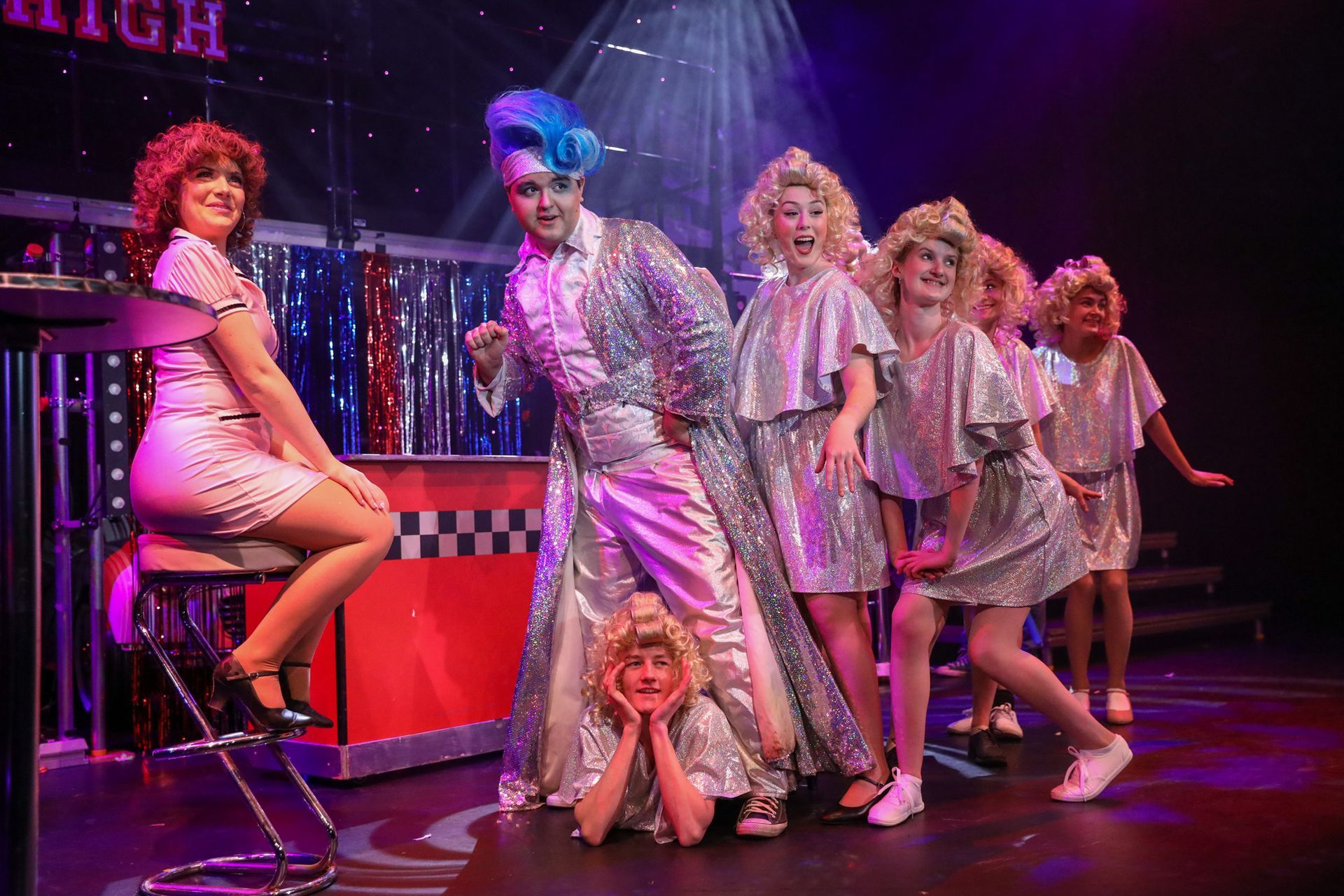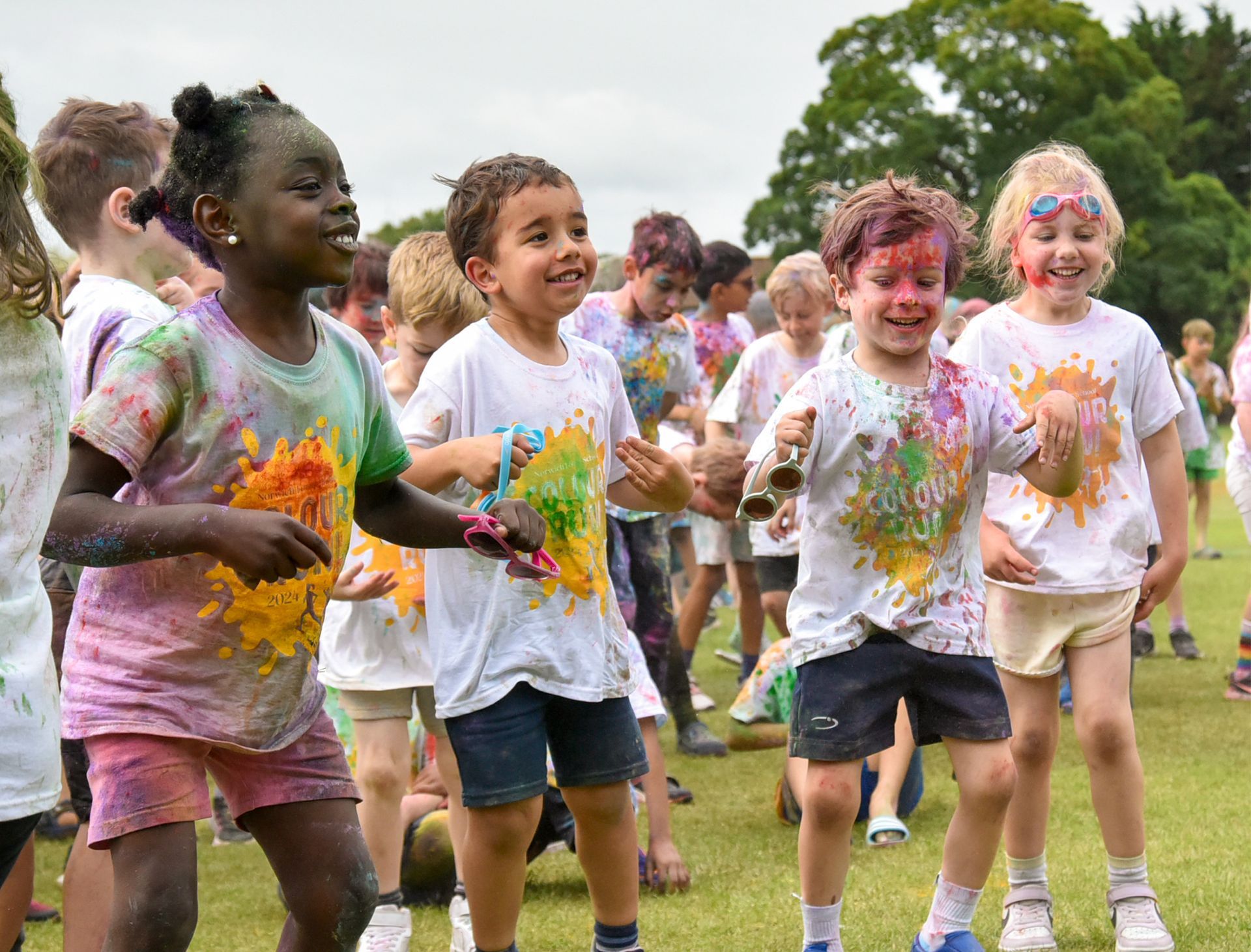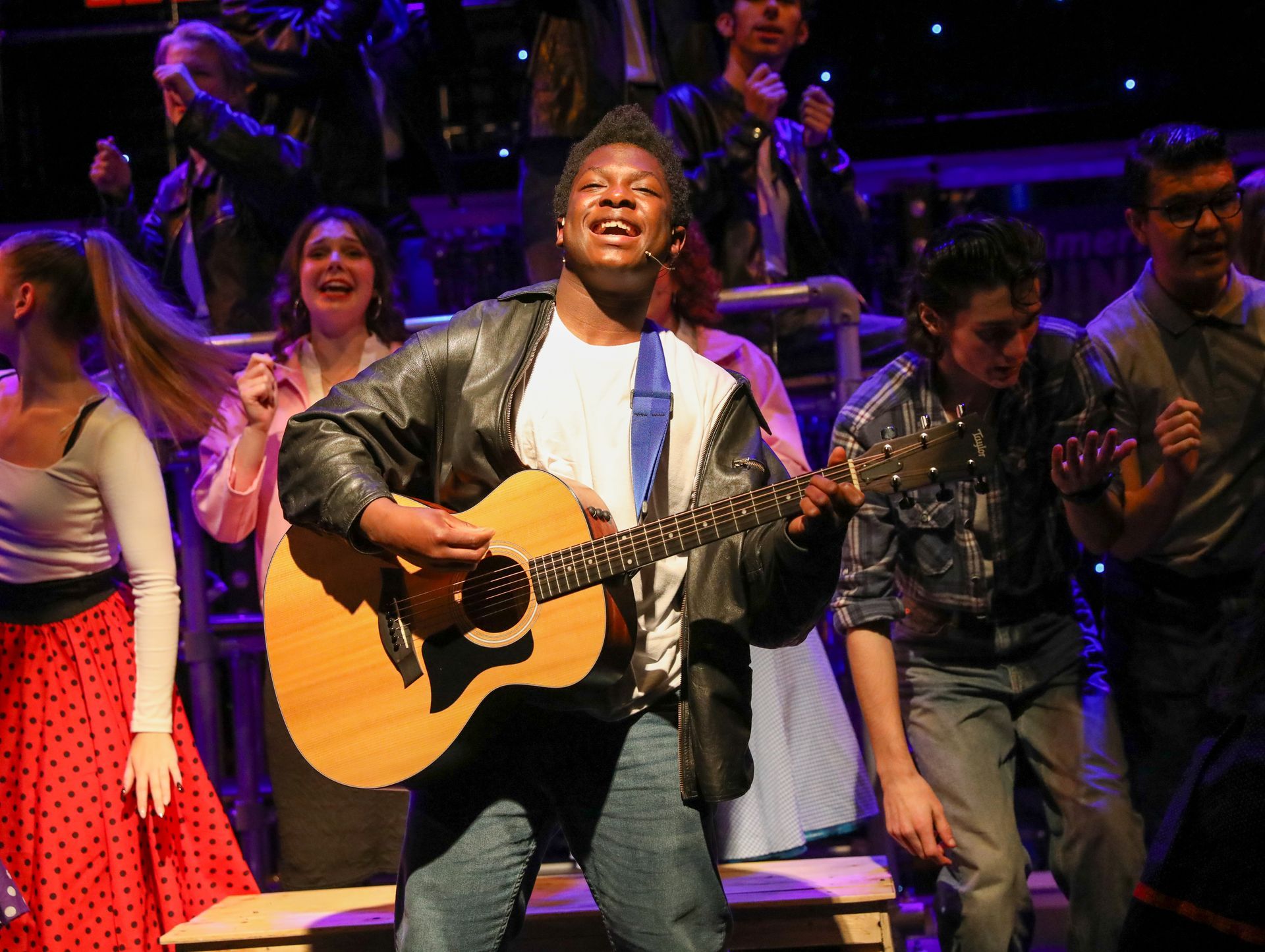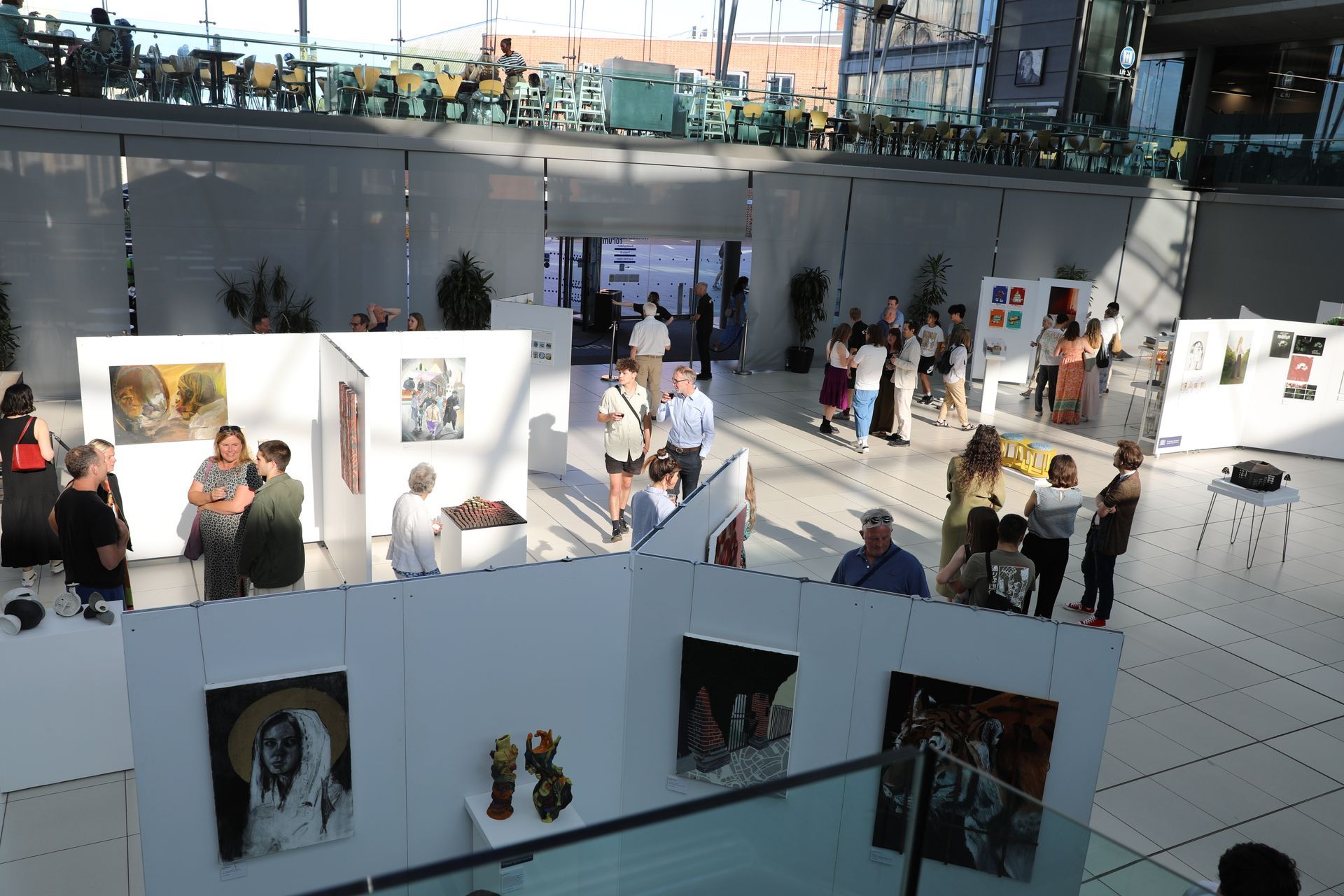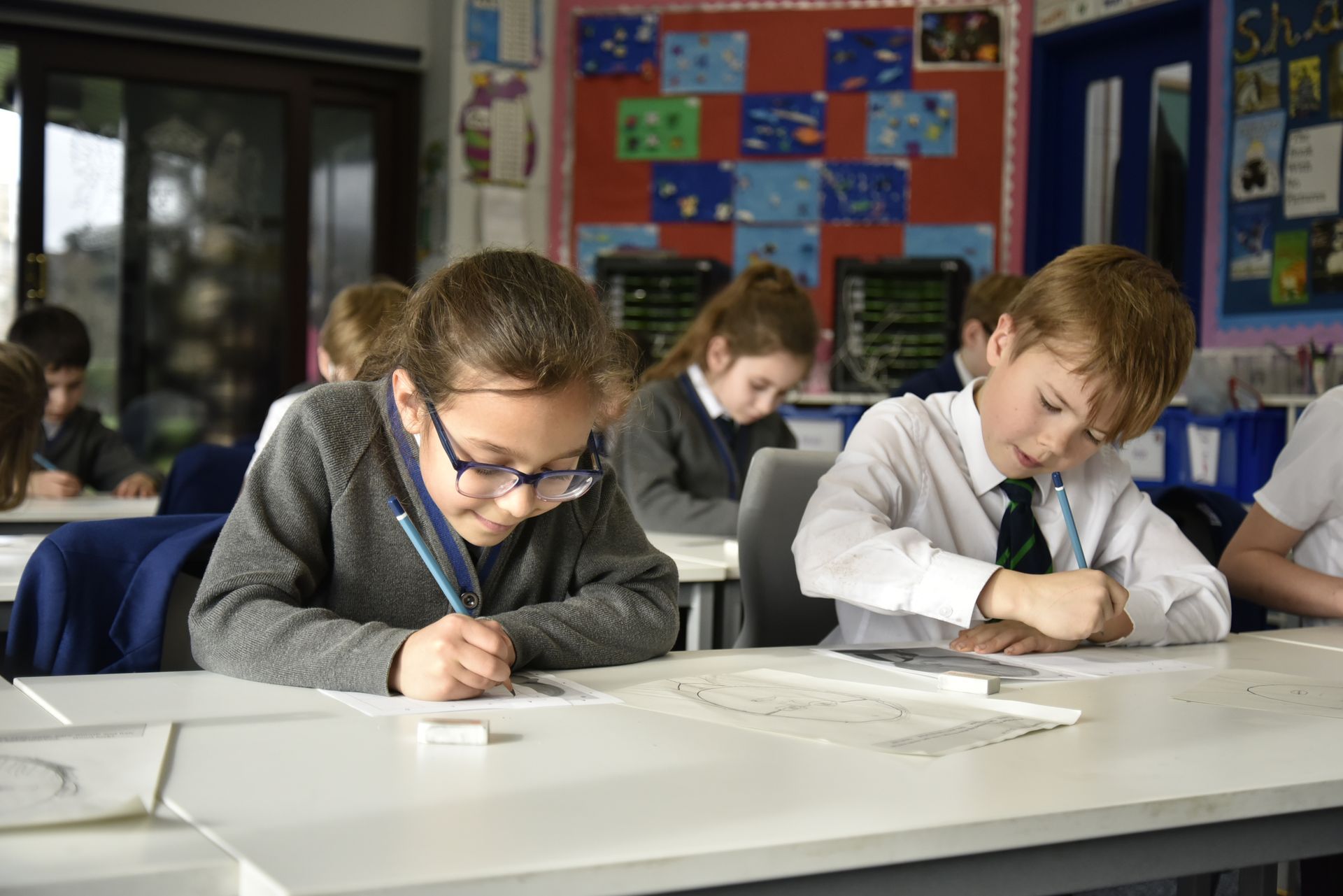Norwich School is a co-educational, independent day school
Norwich School is an independent, co-educational day school for pupils aged between three and eighteen.
Set in the beautiful grounds of the city’s historic Cathedral Close, the school is a traditional yet lively place to learn and combines a vibrant, imaginative culture with values of scholarship and mutual respect.
Discover More
Upcoming Events
Norwich School Choral Society Concert
Norwich School Choral Society are delighted to join forces with local professional early music ensemble, Norwich Baroque, this spring for a choral concert of traditional and modern works.
Wednesday 4 March
19:30, Catholic Cathedral of St John the Baptist
Wuthering Heights
Rescued as a child, Heathcliffe is adopted by the Earnshaws and taken to live at Wuthering Heights. He finds a kindred spirit in Catherine Earnshaw and a fierce love ignites. When forced apart, a brutal chain of events is unleashed.
Thursday 12 and Friday 13 March 2026
18:30, Blake Studio
Matilda Jr.
Our talented Upper 3 pupils take to the stage in this high-energy production of Matilda The Musical. Join the rebellion as they bring Roald Dahl's classic story to life with wit, magic, and a little bit of mischief.
Wednesday 18 - Friday 20 May
The Blake Studio, 18:00
Jazz Night
Join us for the 20th anniversary of this unforgettable night, showcasing the array of musical talent at Norwich School.
Supper included.
Friday 20 March
18:30, Epic Studios
Senior Dance Festival
Join us for our celebration of Dance. Pupils will be performing work from the curriculum, co-curricular enrichment clubs and company repertoires.
Monday 23 March
18:30, Epic Studios
£5 Under 18/£10 Adult
Lower 4 Class Plays
Wednesday 25th March
17:30, Blake Studio
‘The Wind in the Willows’ - by Alan Bennett, directed by Eva Wright
‘How to Make a Sandwich in 20 Easy Steps When all you Have is a Time Machine’ - by Brendan Main, directed by Kathryn Loveday
Thursday 26th March
17:30, Blake Studio
‘Stuart Little’ - directed by Charlotte Wyndham
‘Alice in Wonderland’ - directed by Gavin Bromley
Latest News
